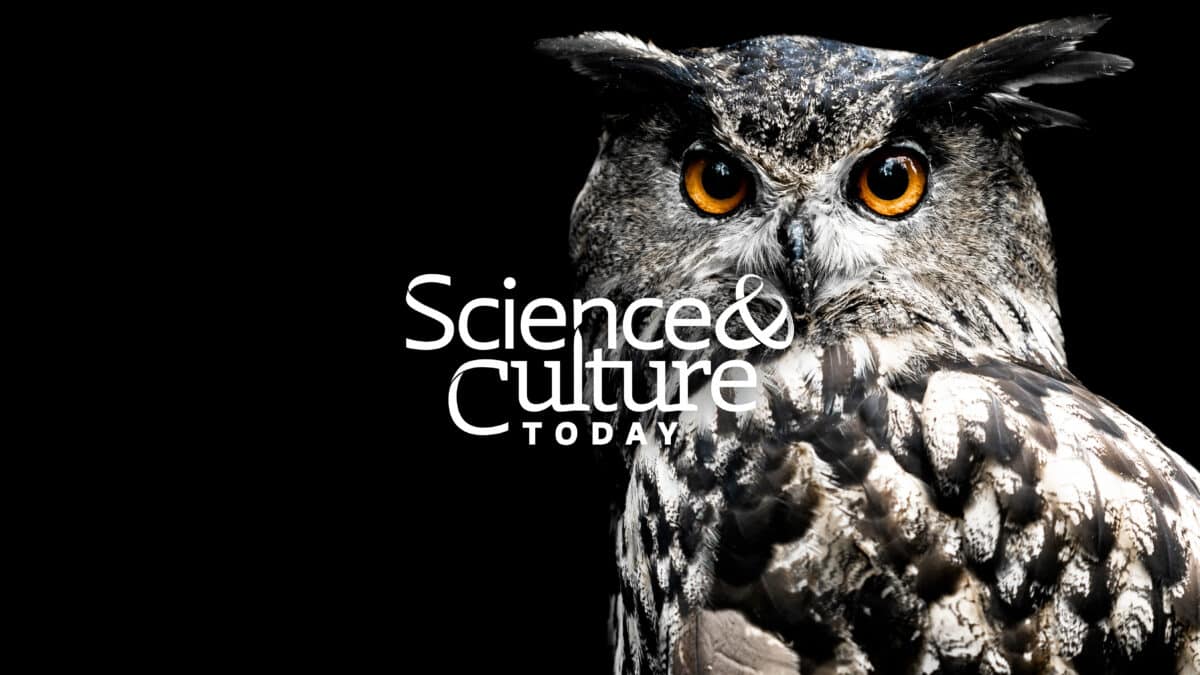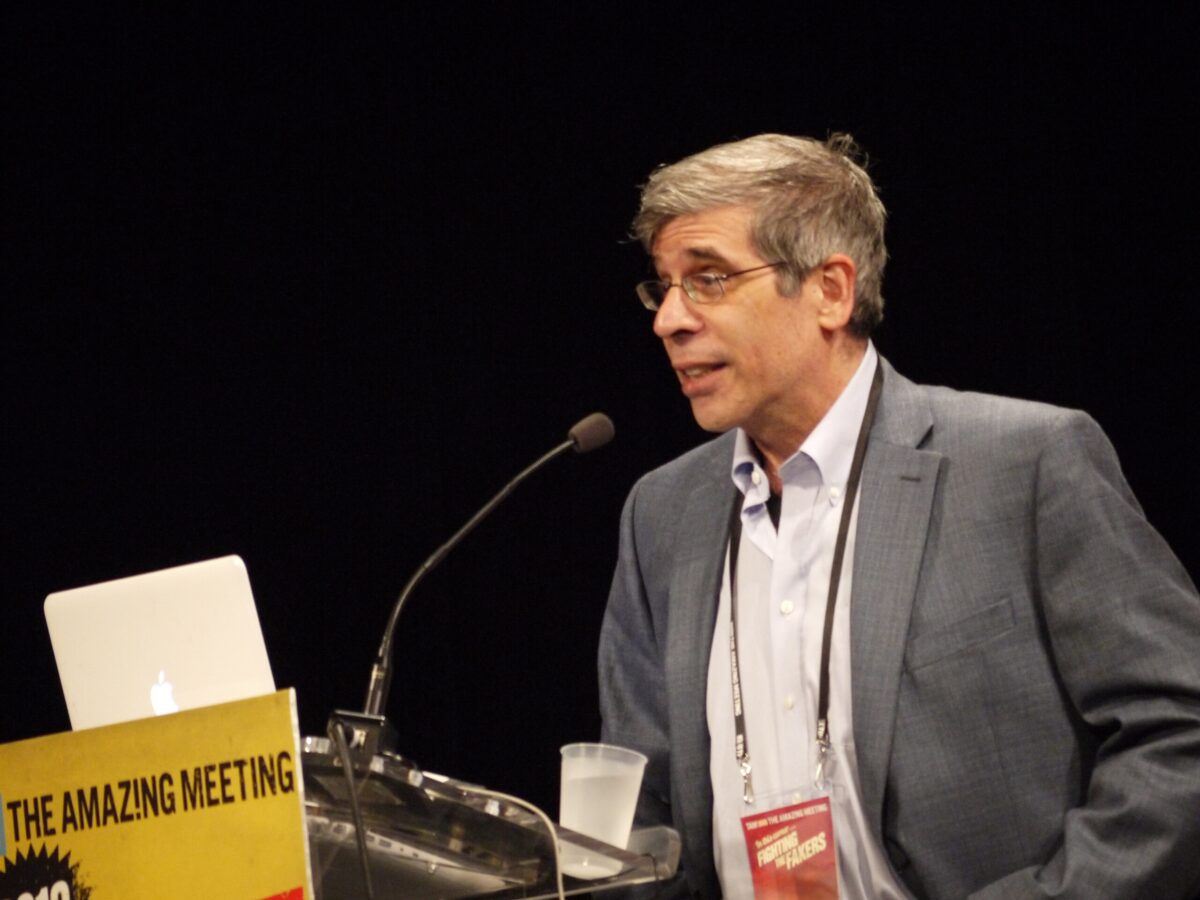
Science and Culture Today
Discovering Design in Nature
Today


Great Science Cancellation Continues
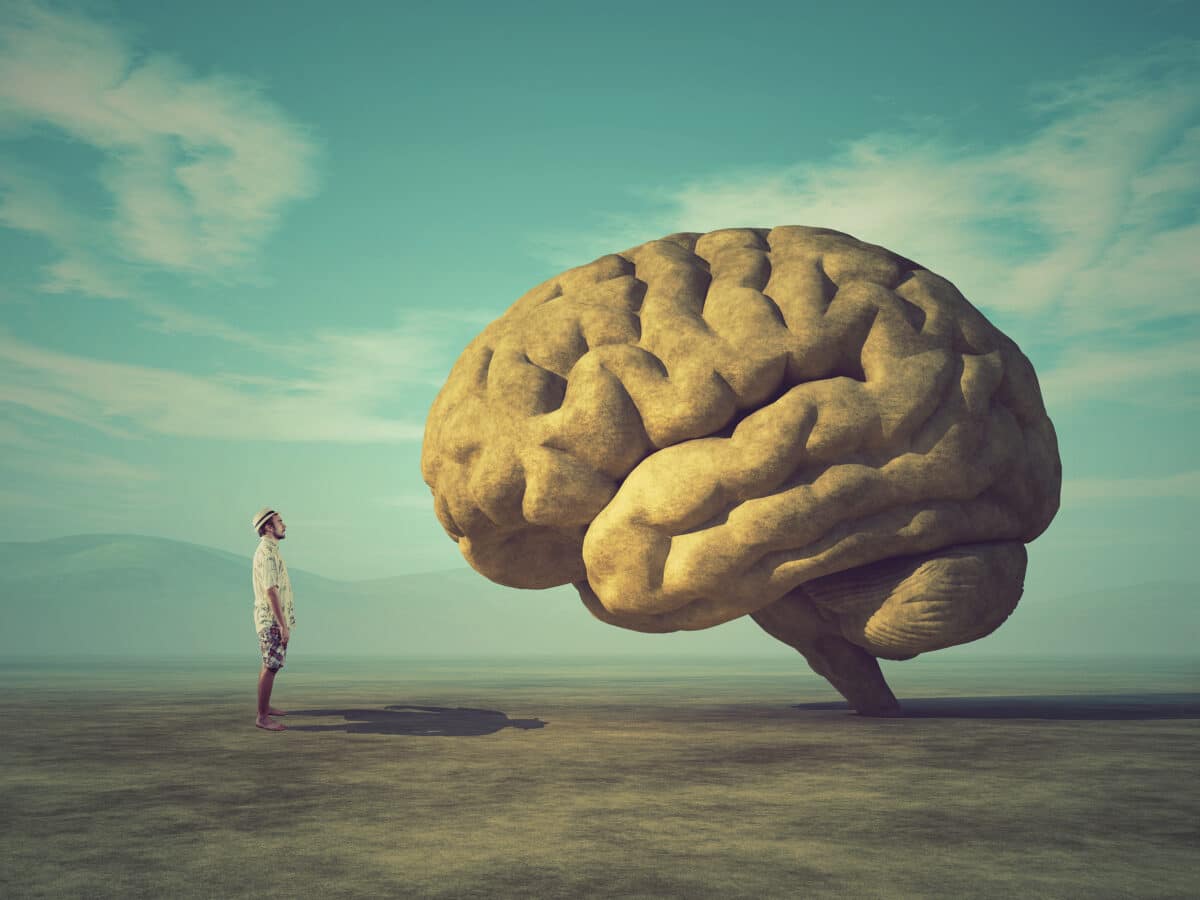
Who Are You Talking to When You Talk to Yourself?

Can Evolution Explain Altruism or Heroism?
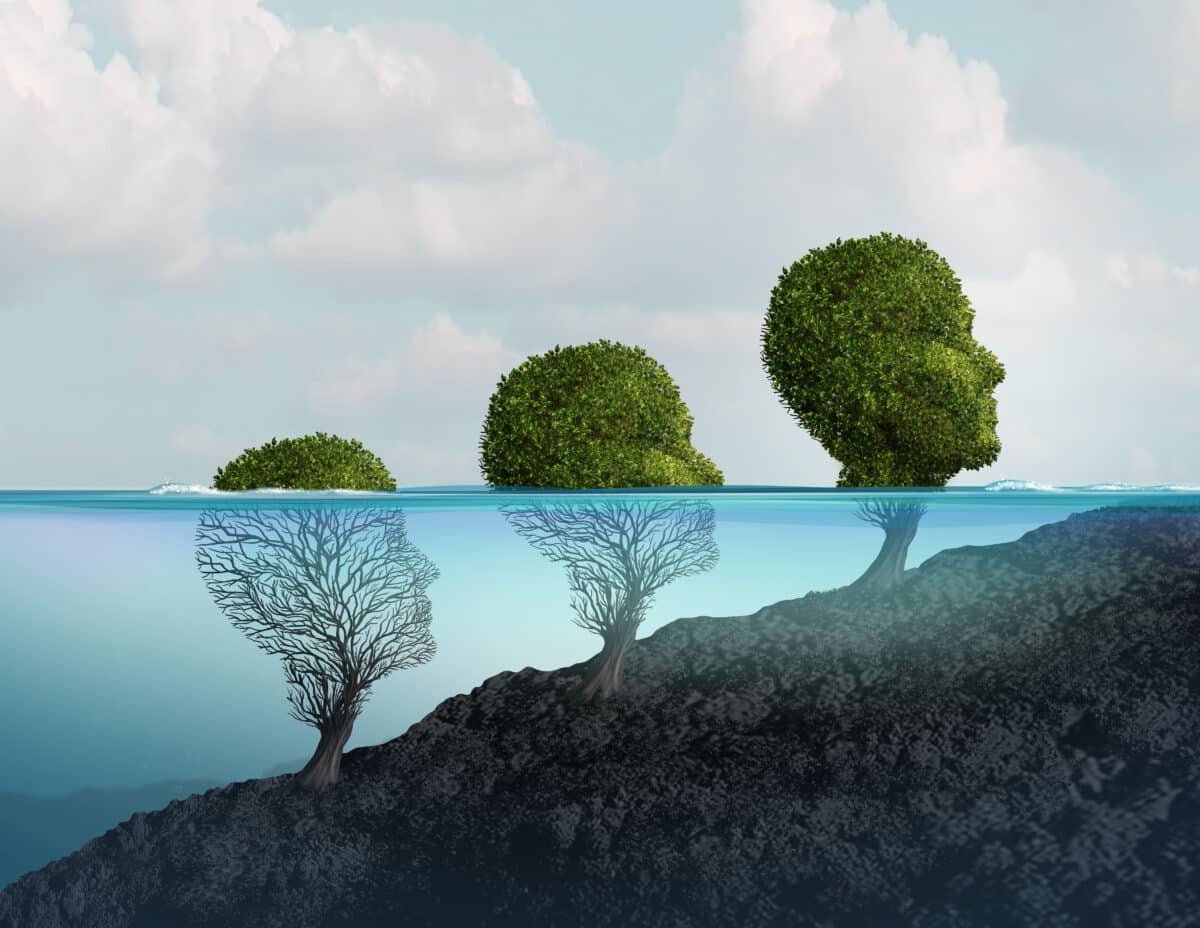
If You Want Creative Storytelling, Look No Further
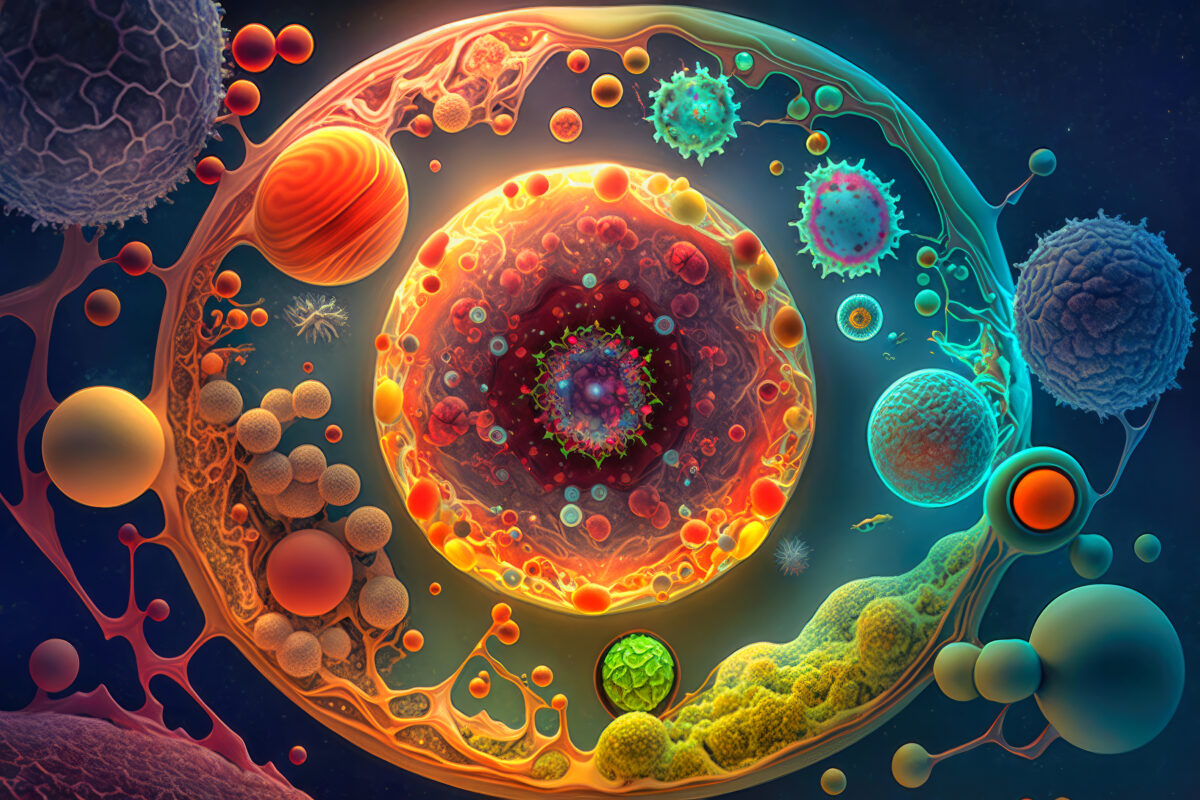
Origin of Life Isn't a Scientific Question

The Cost of Defending Materialism Is Rising
Recommended

Is Intelligent Design Gaining the Upper Hand?
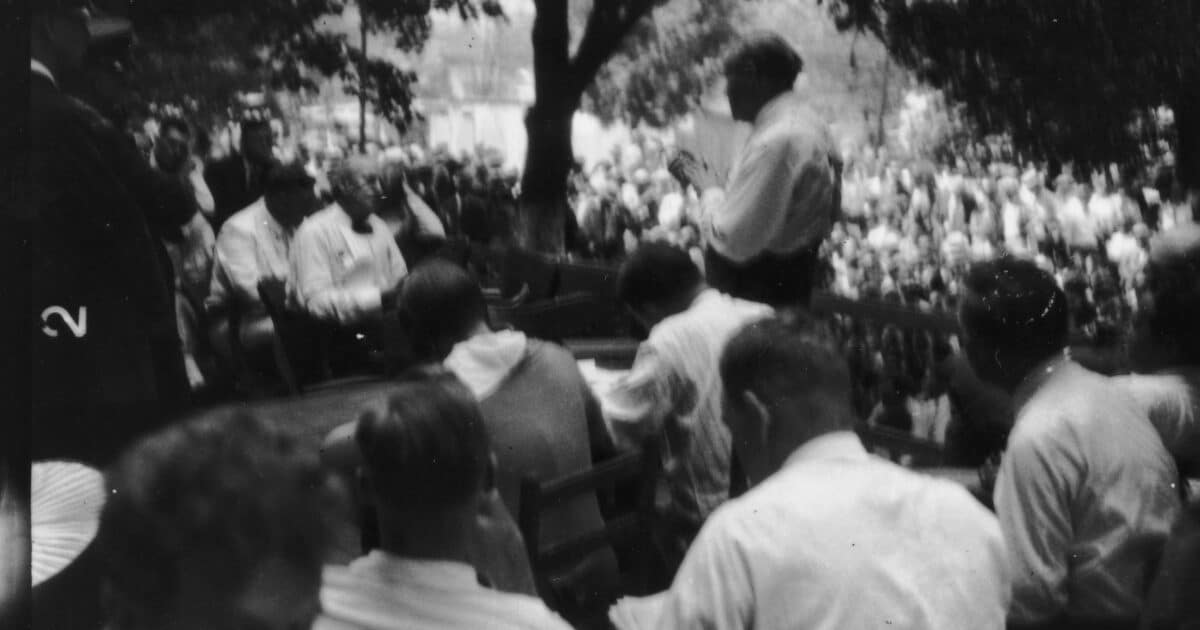
Scopes: Same Debate, Different World

What’s Bothering Augustine?
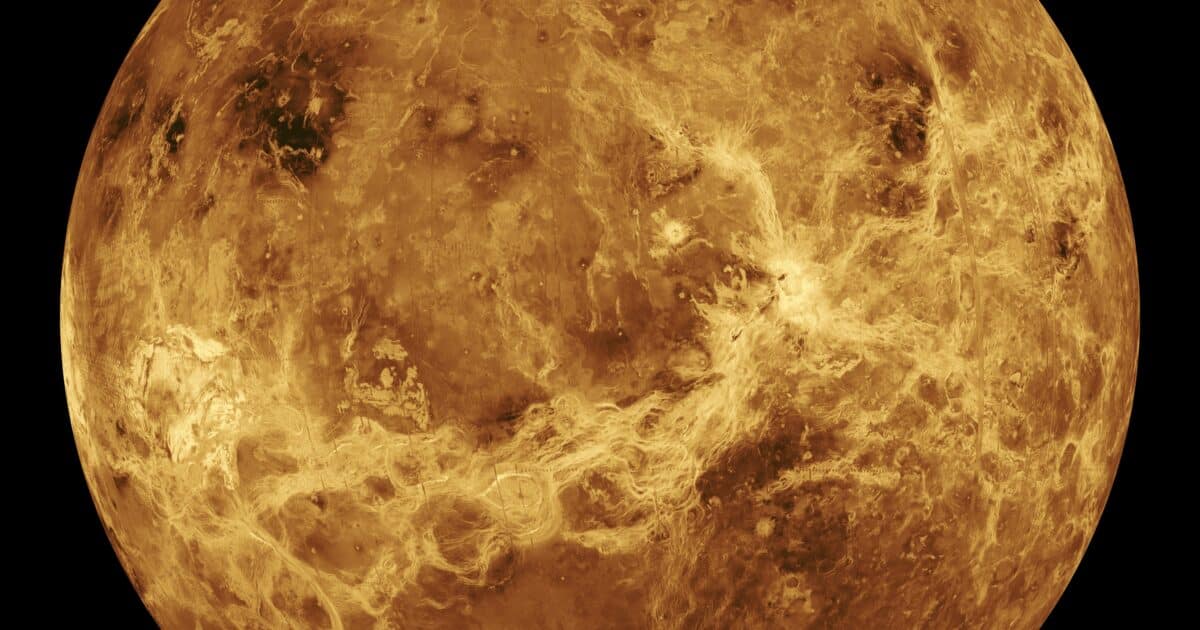
Geometric Design in the Solar System
ID the Future
with Andrew McDiarmid
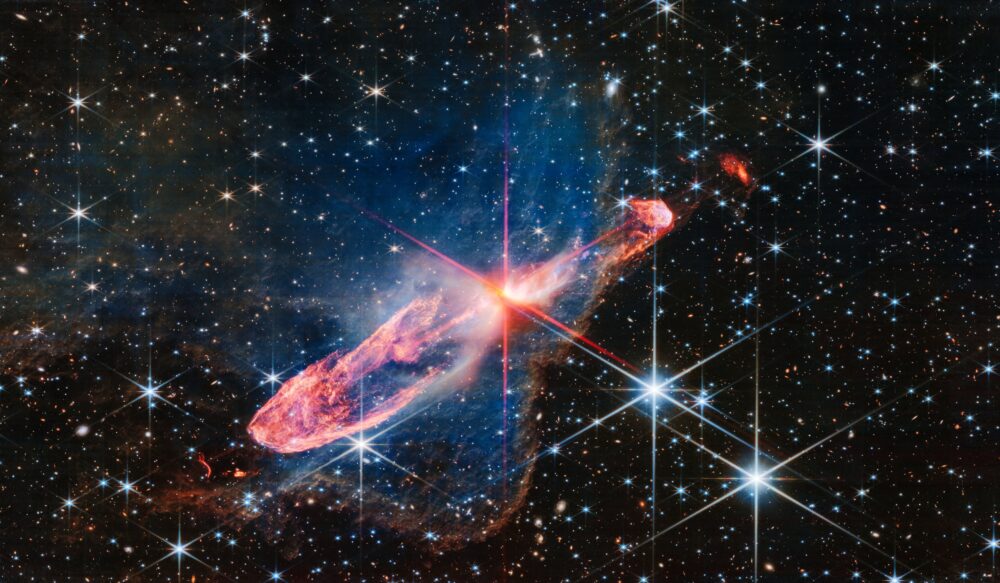
How Modern Physics Reveals Purpose in the Universe

Why Evolutionary Psychology Can’t Explain Heroism

Which Origins Theory Better Explains Altruism and Morality?
Latest Videos
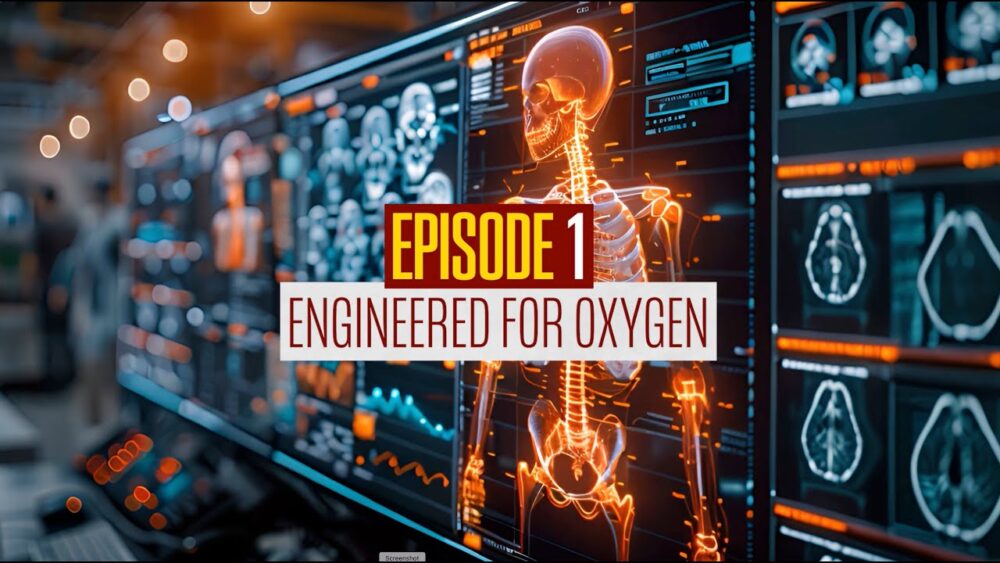
Engineered for Oxygen
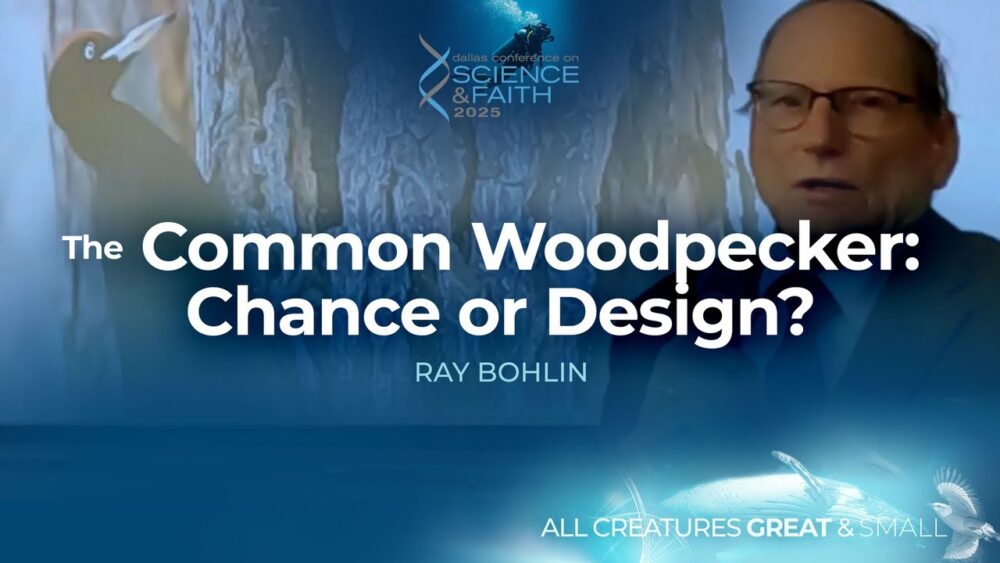
The Common Woodpecker: Chance or Design?
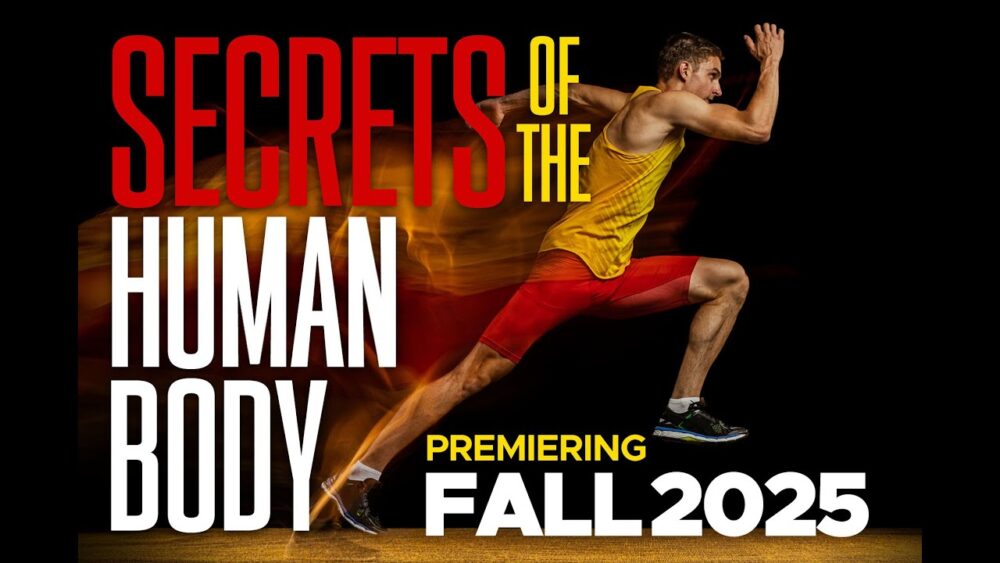
Secrets of the Human Body Trailer
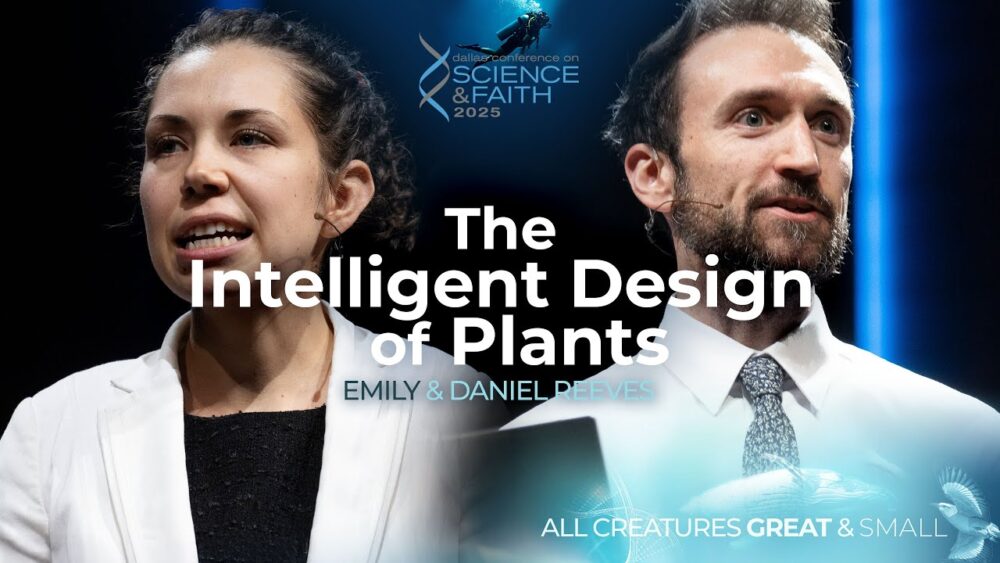
The Intelligent Design of Plants
Intelligent Design
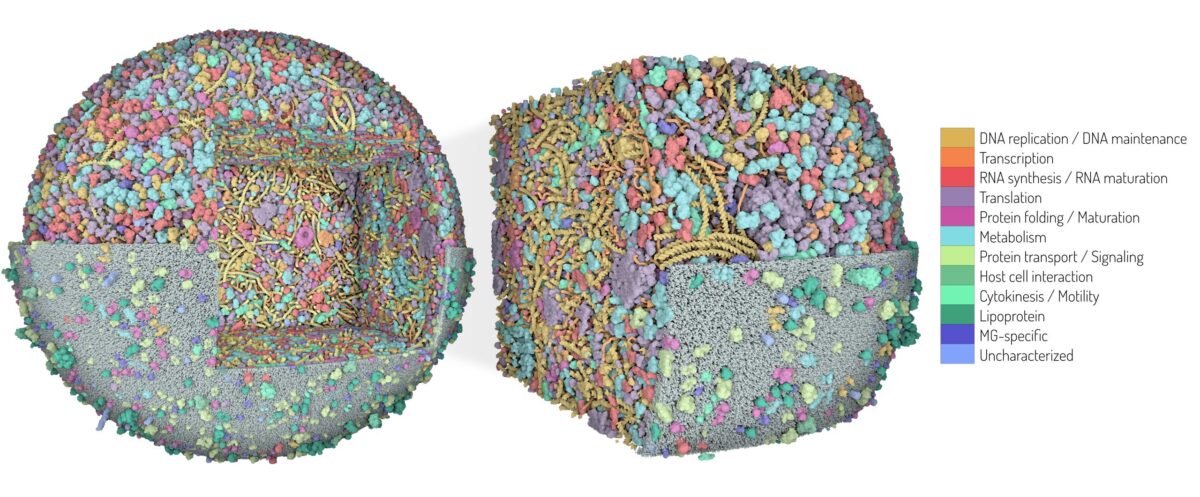
Coyne Reacts to Pro-ID Paper with Question-Begging

Life, Like Technology, Requires “Something More”

"A Kind of Intelligence Evident Nowhere Else"

Postcard from Warsaw: Teleology in Science
Historical Sciences
Origin of Life
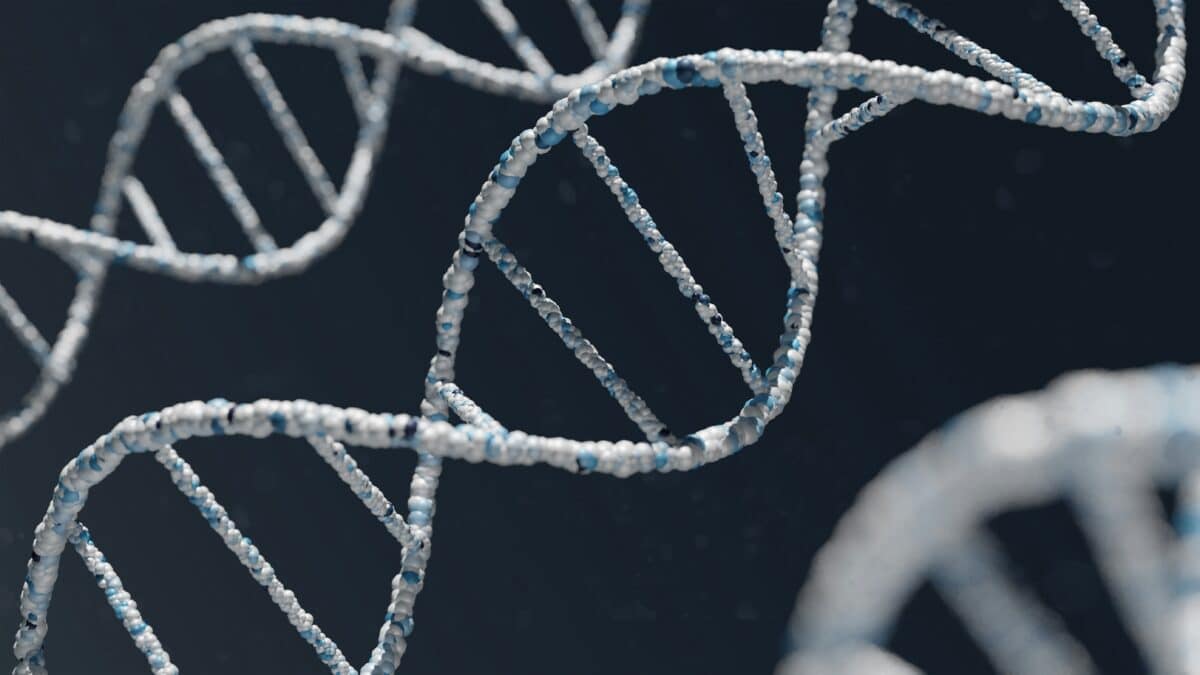
From Dead Ends to Design
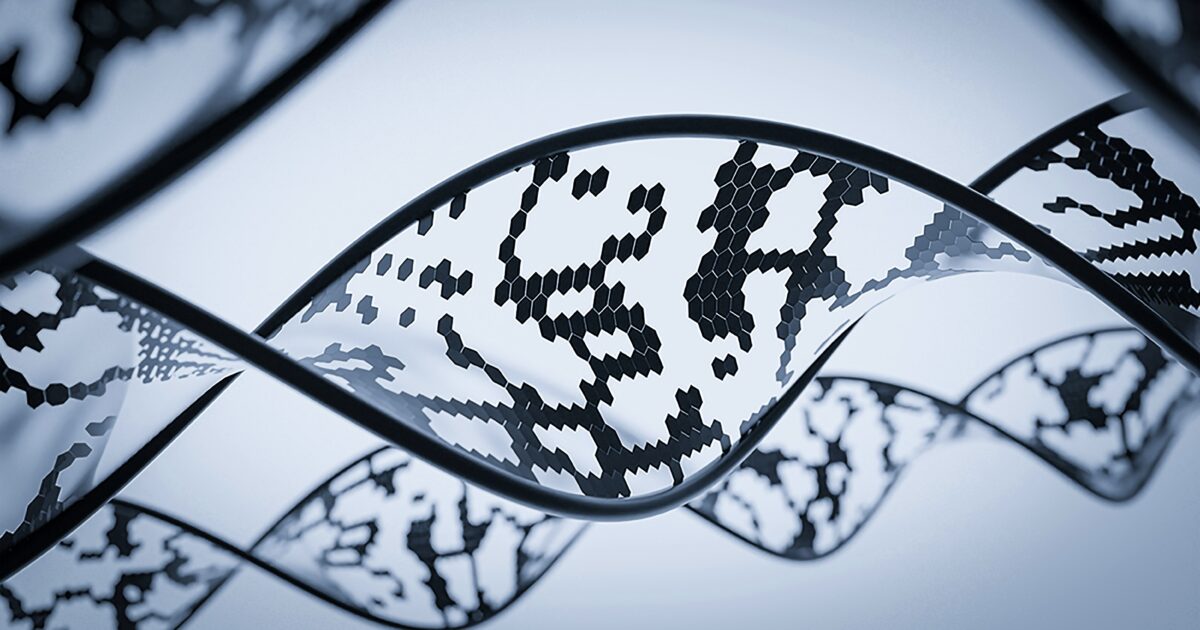
The Unsolved Mystery of Life’s Origin
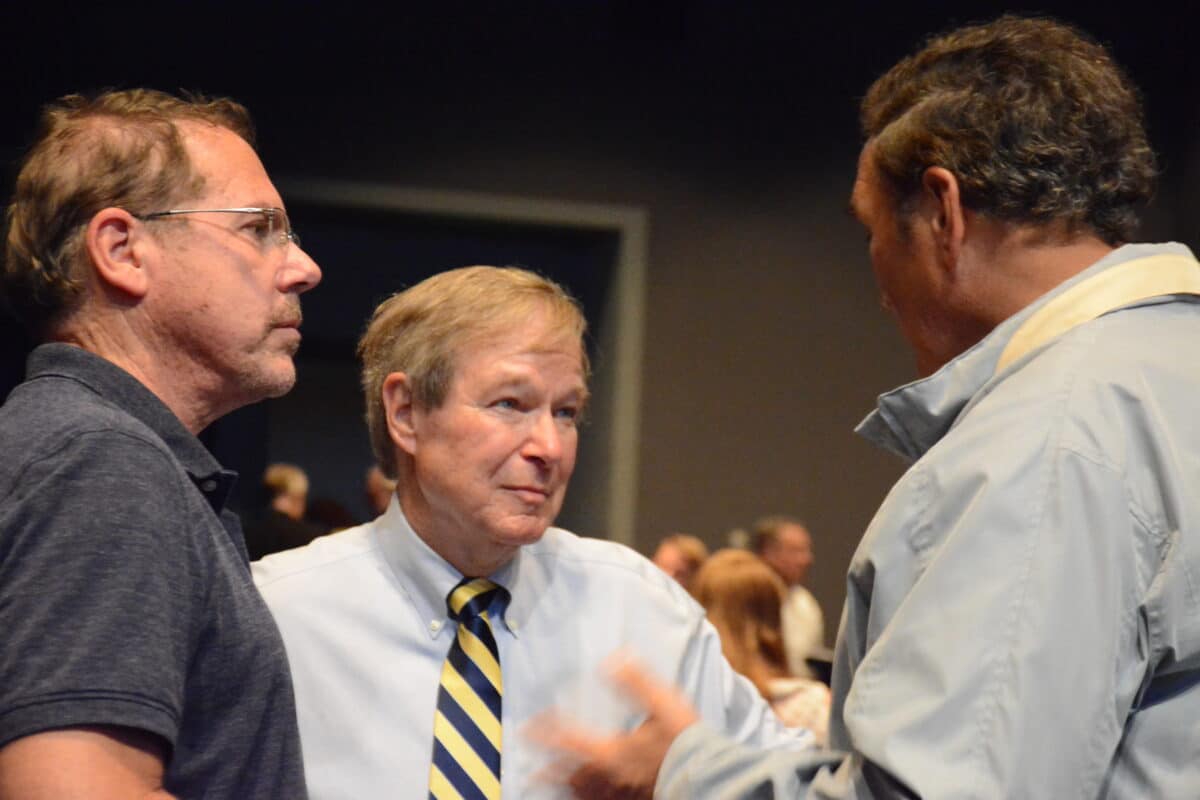
Remembering Walter Bradley (1943–2025)
Evolution
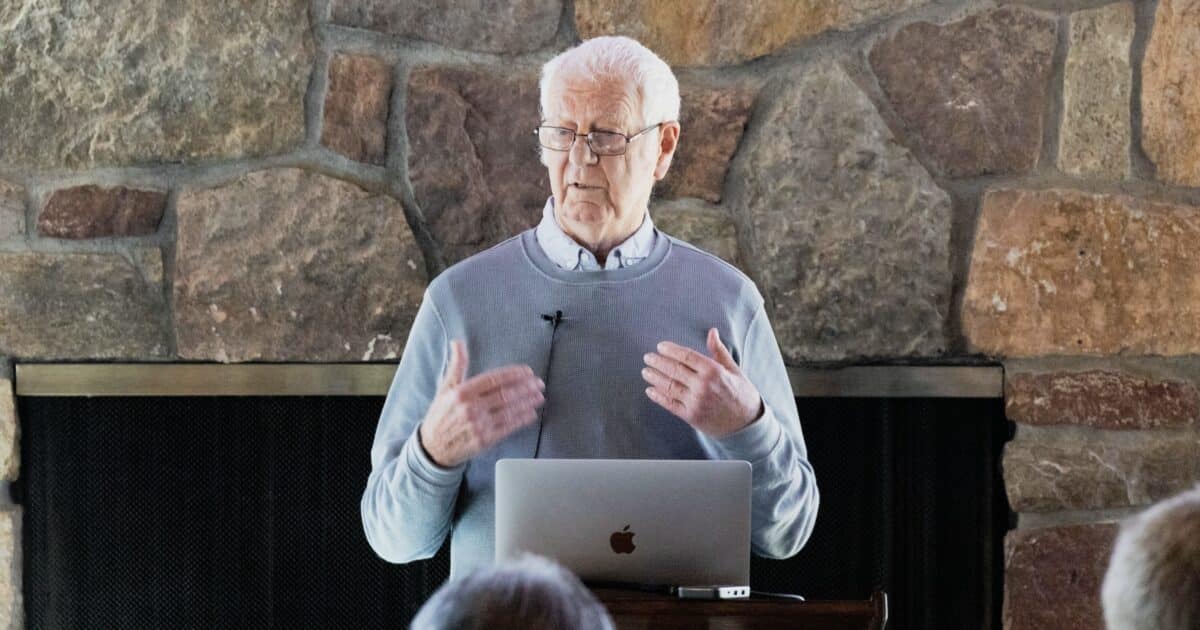
Has Michael Denton “Recanted” on Evolution?
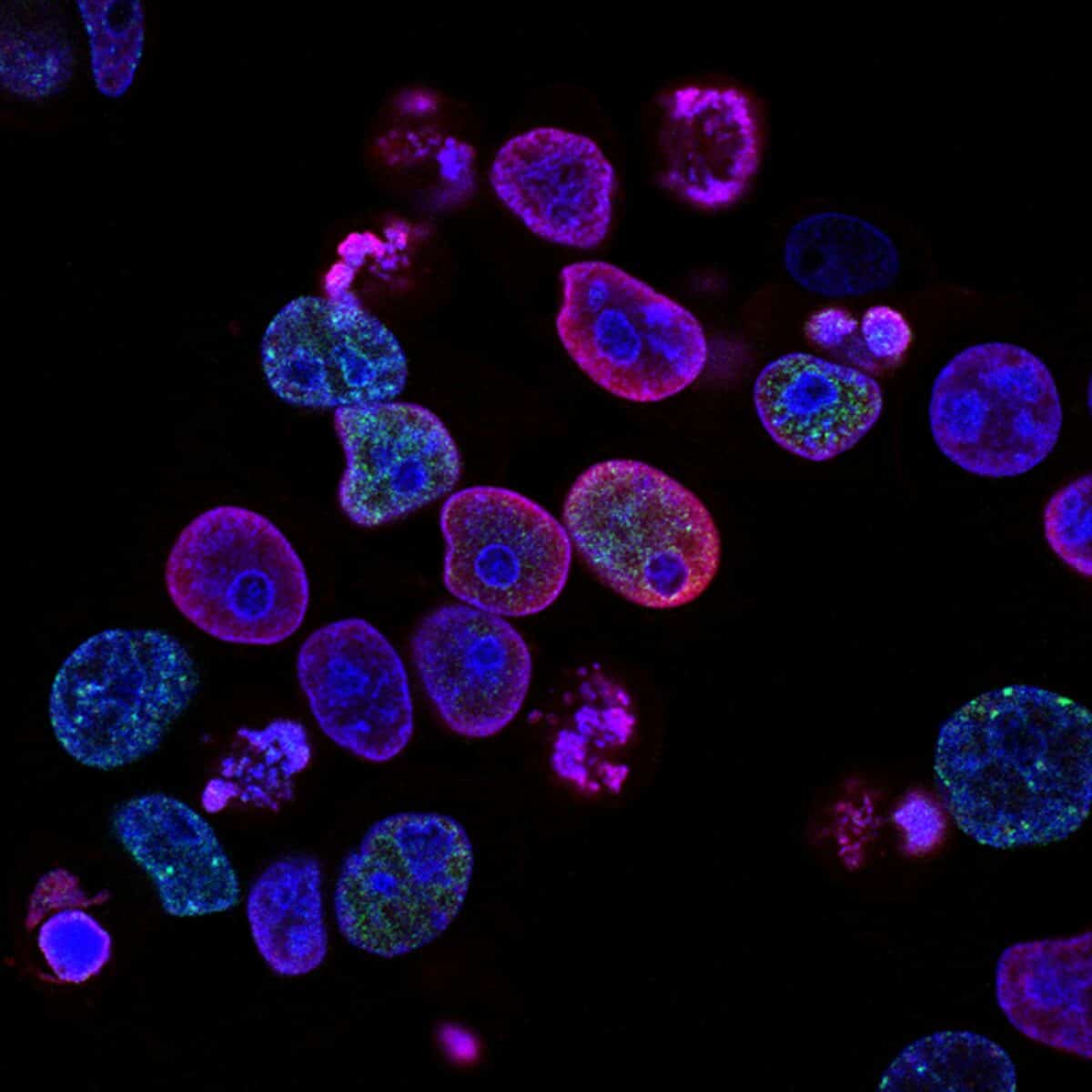
Two Papers Apply “Darwin Devolves” to Cancer

Evolution’s Stubborn Icons
Paleontology
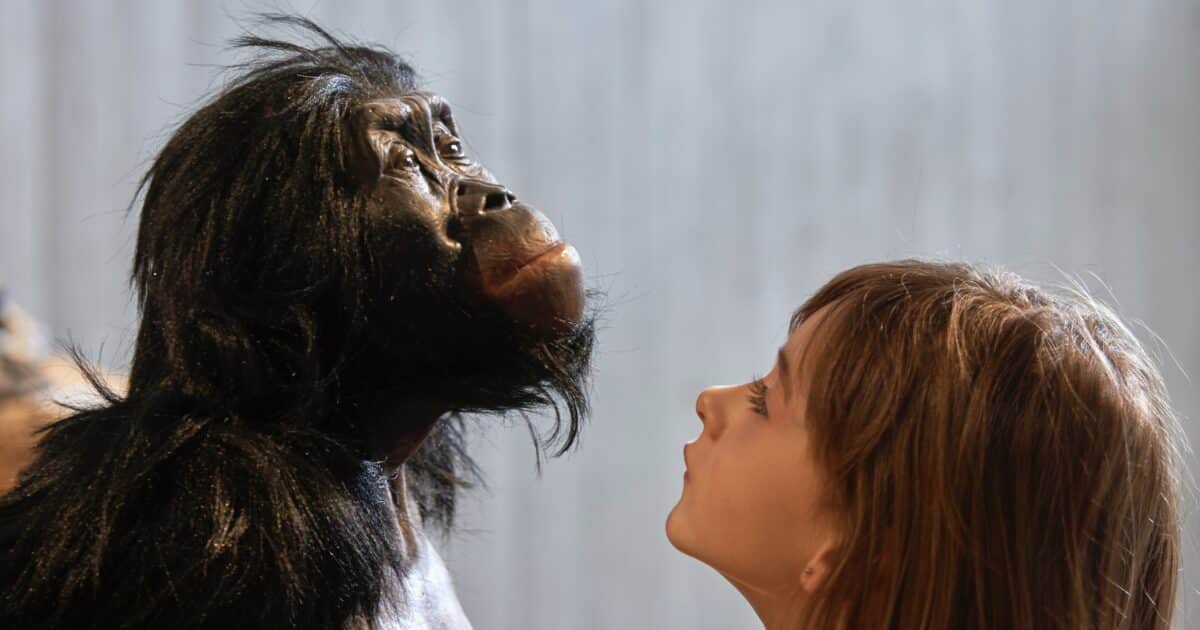
Luskin Answers Objections to Intelligent Design

Fossils as Magical Darwin Relics
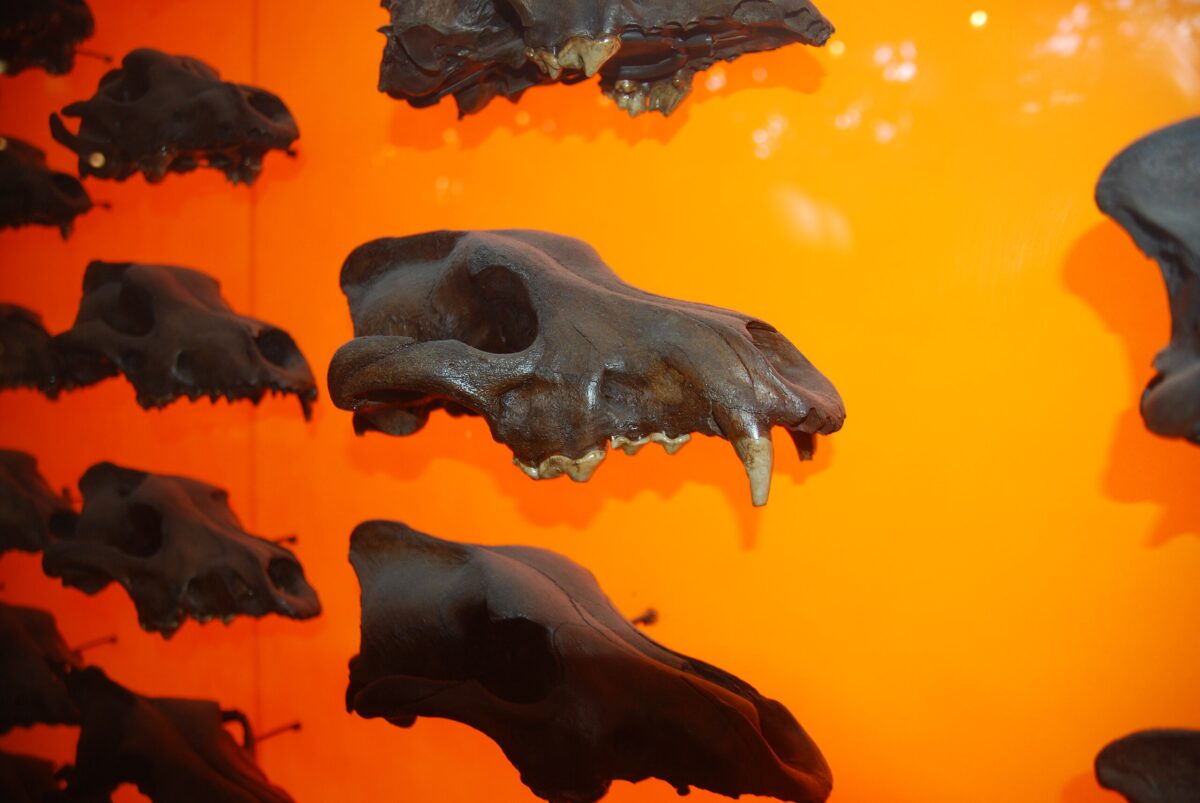
Cold Water on “Dire Wolves”
Cosmology

God Hypothesis, European Style; Event at Princeton

The Birth of Science and of the Cosmos
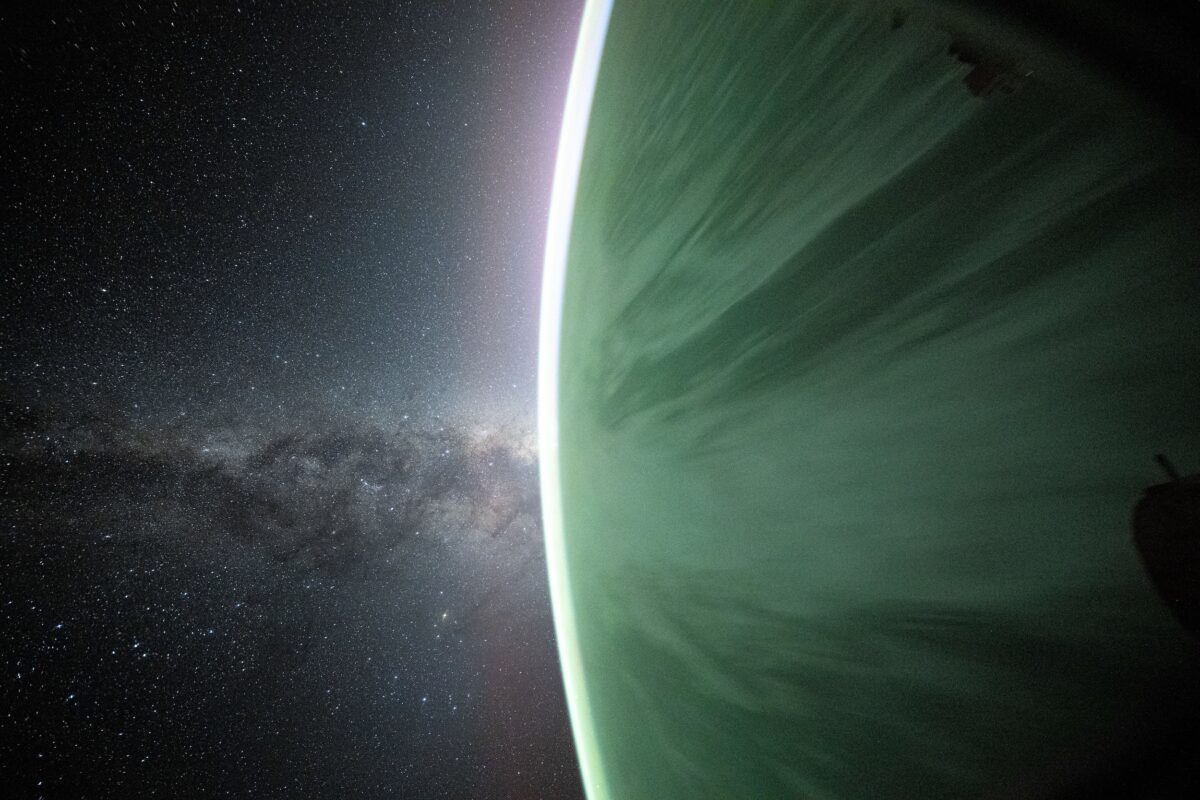
12 Discoveries Point to Intelligent Design
Human Origins
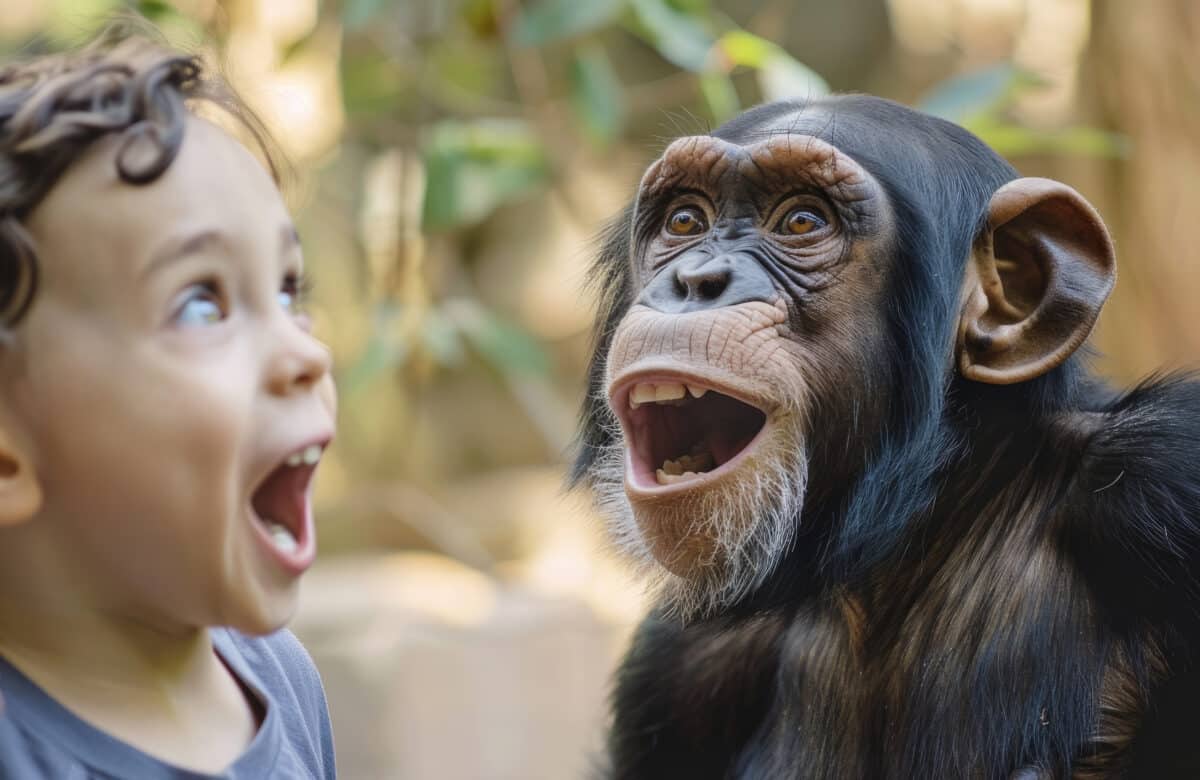
Berlinski on Human-Chimp Differences and More
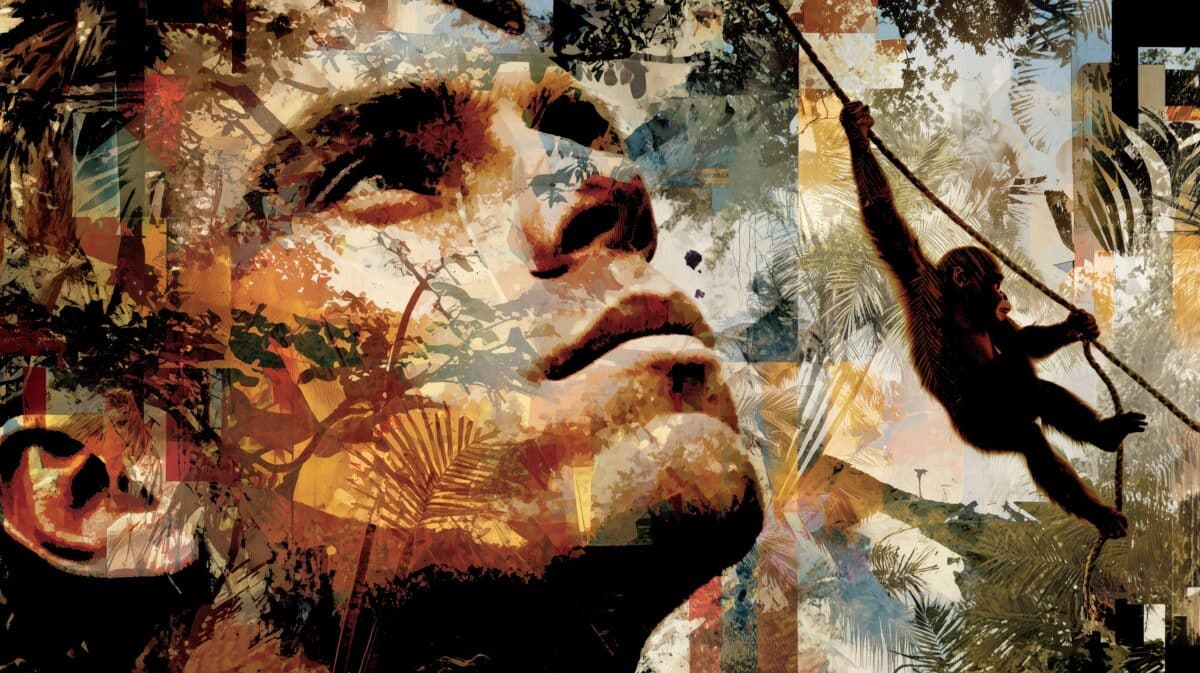
Hey Smithsonian, Make Humans Exceptional Again
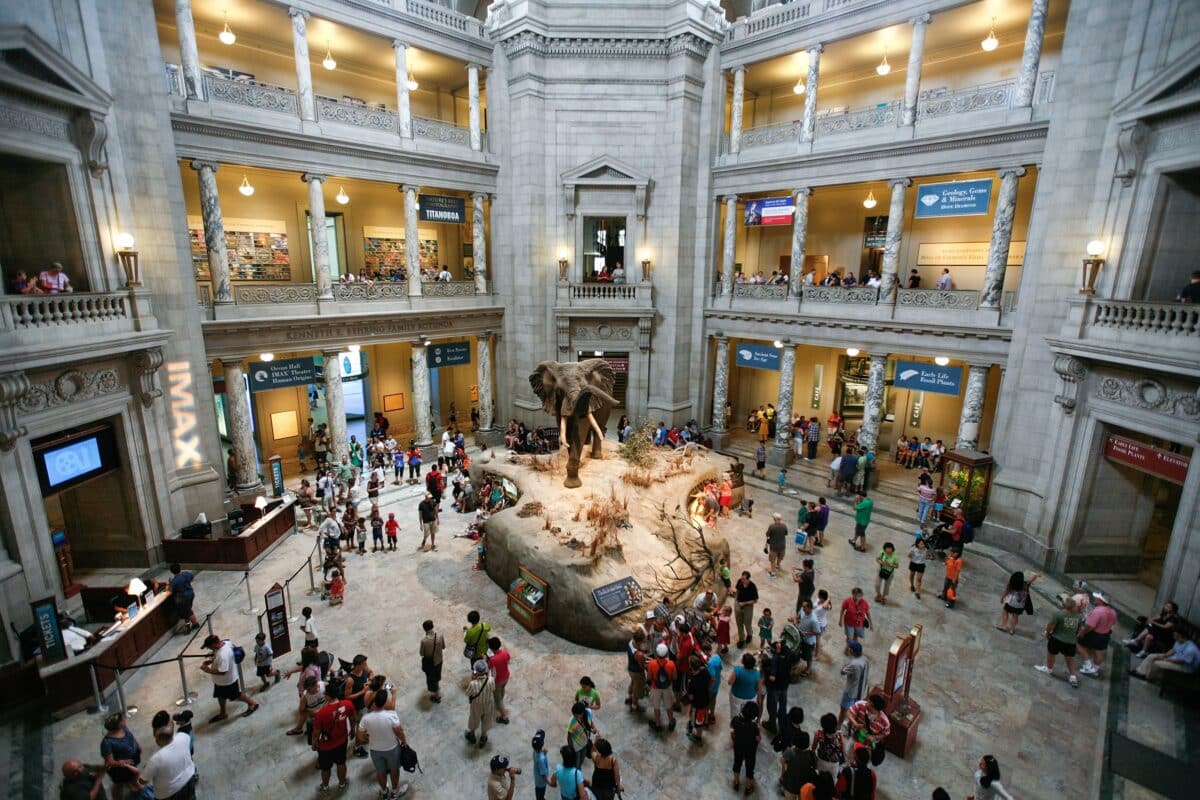
Calling on Smithsonian to Fix Errors to Be Mean?
Archaeology
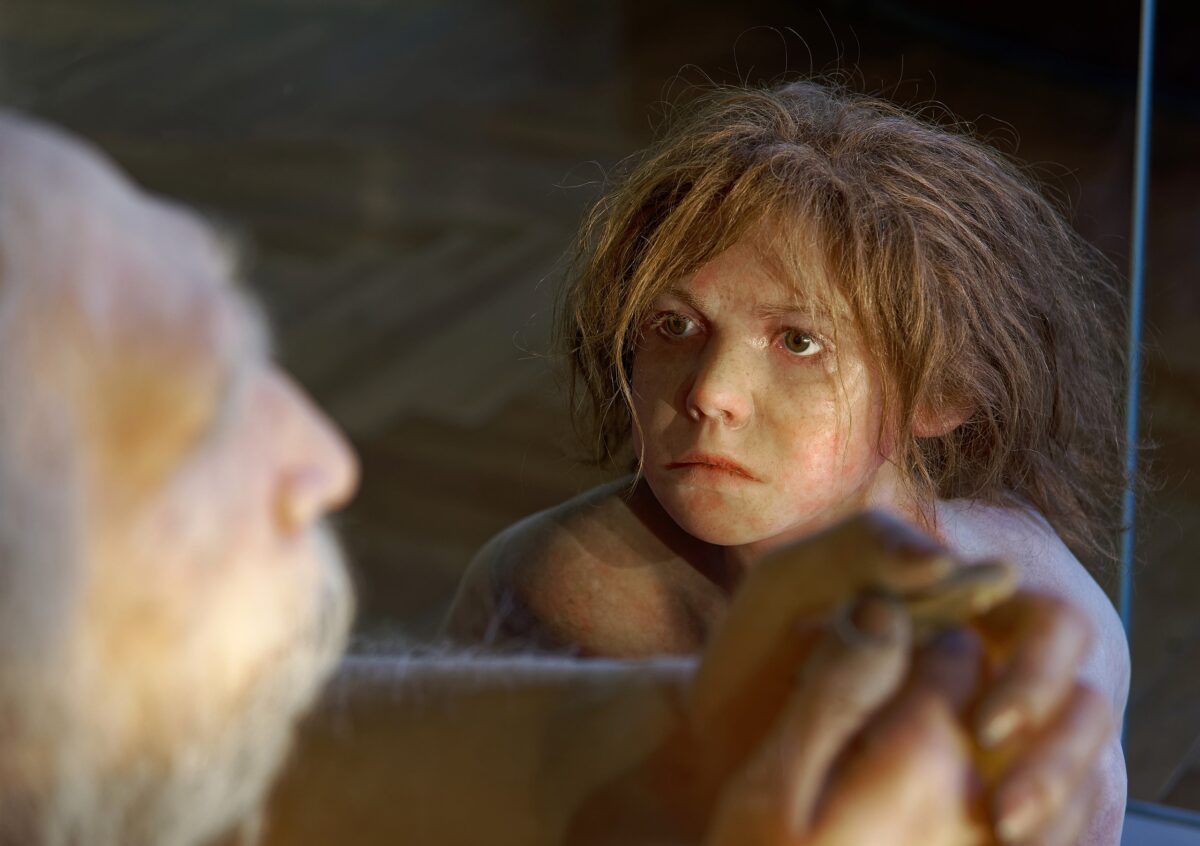
More Discoveries Point to Neanderthal Intelligence
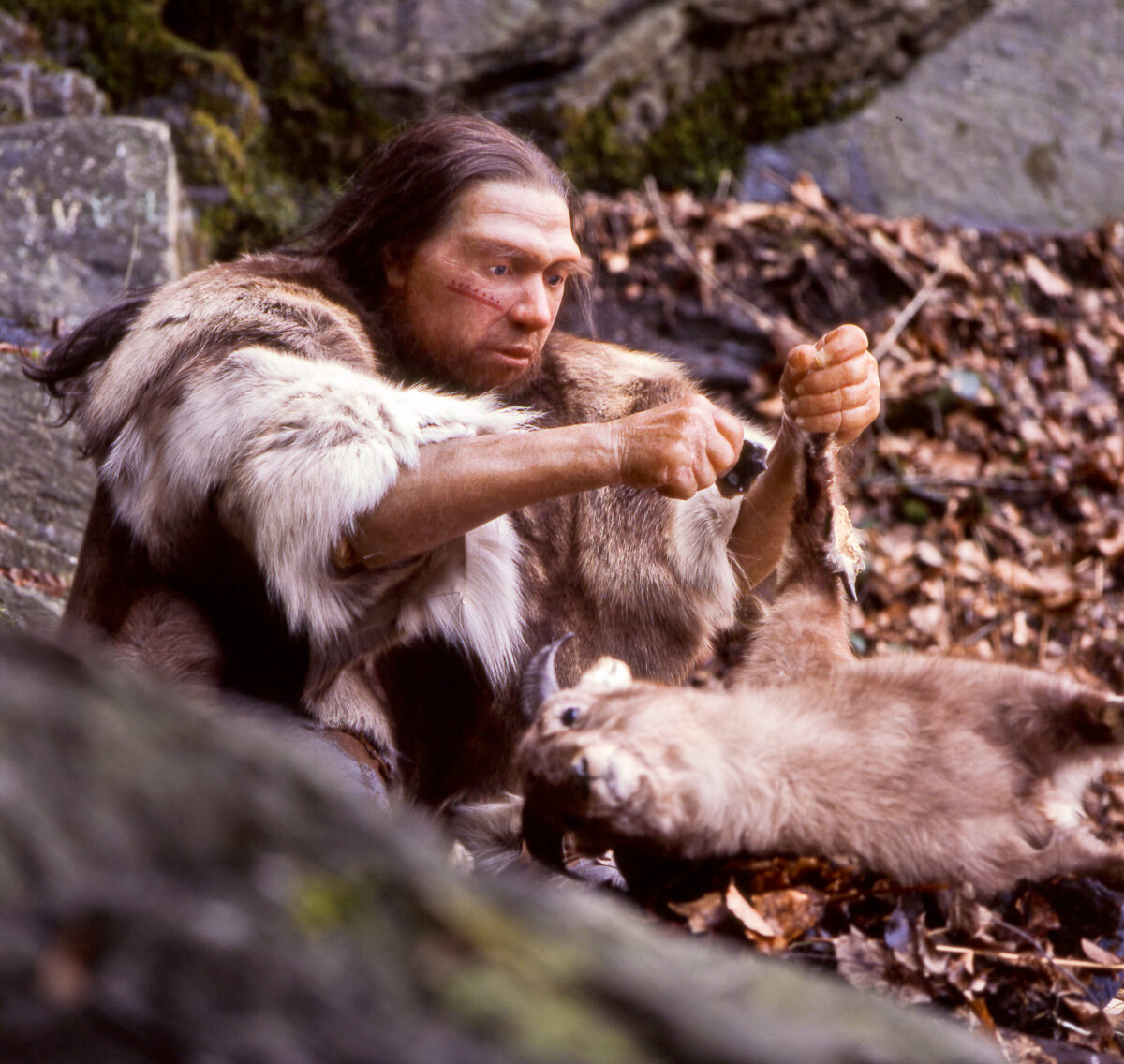
The Joy of (Neanderthal) Cooking
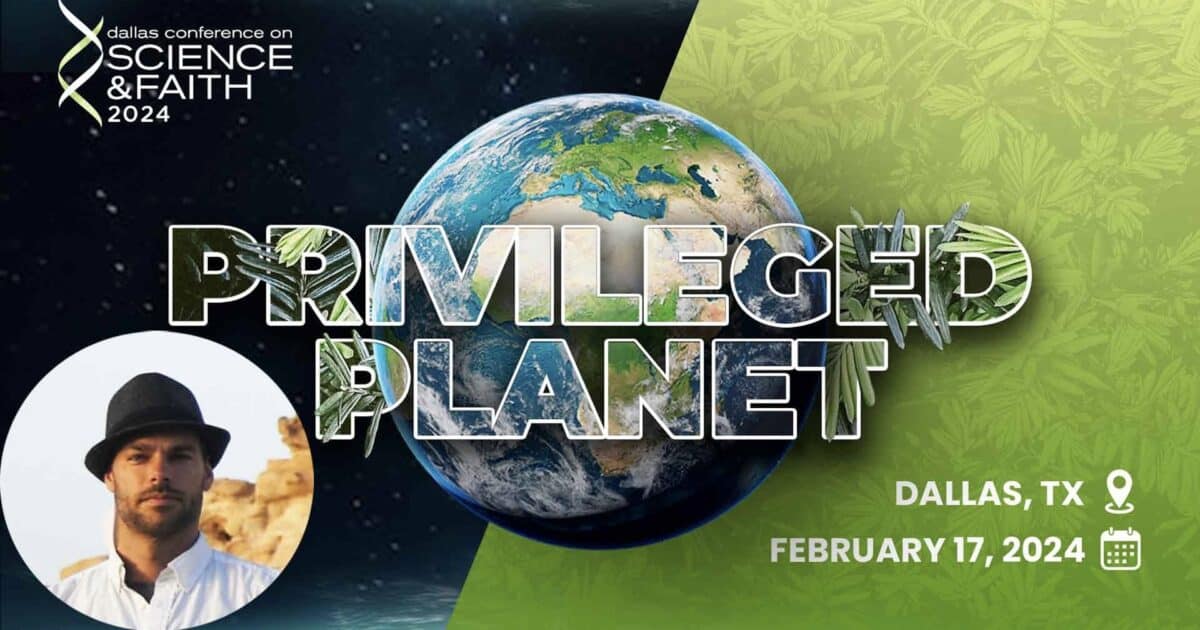
Dallas Conference: Archaeology & the Life of Jesus
History of Science
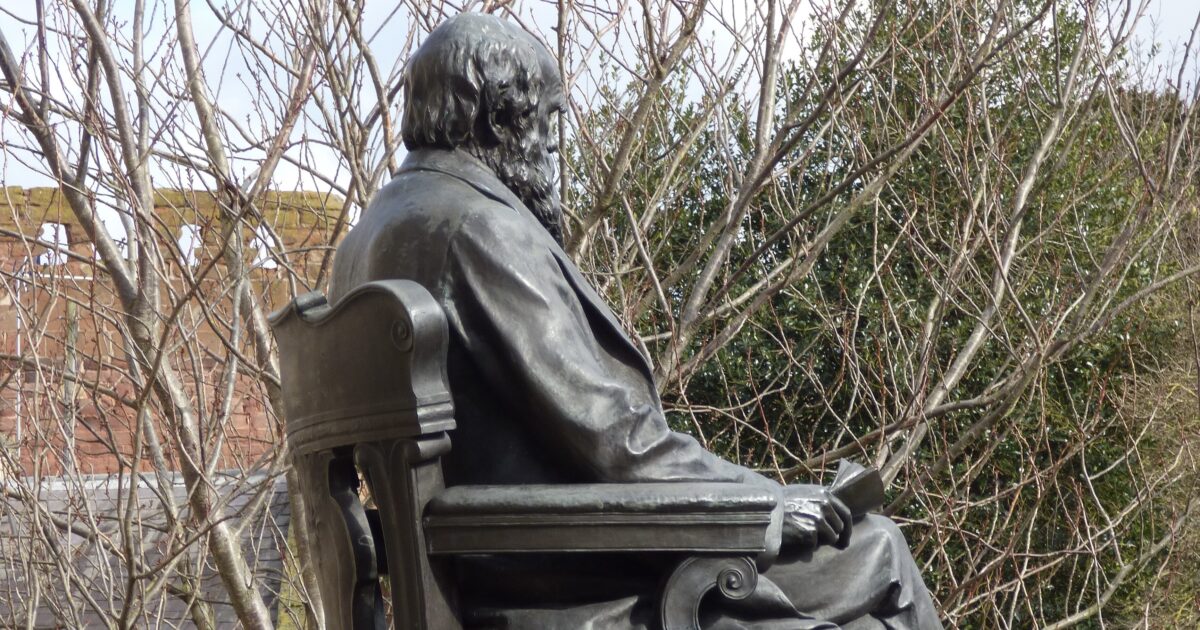
Darwin as a Prefiguration of Postmodern Man

The Legacy of Baruch Spinoza
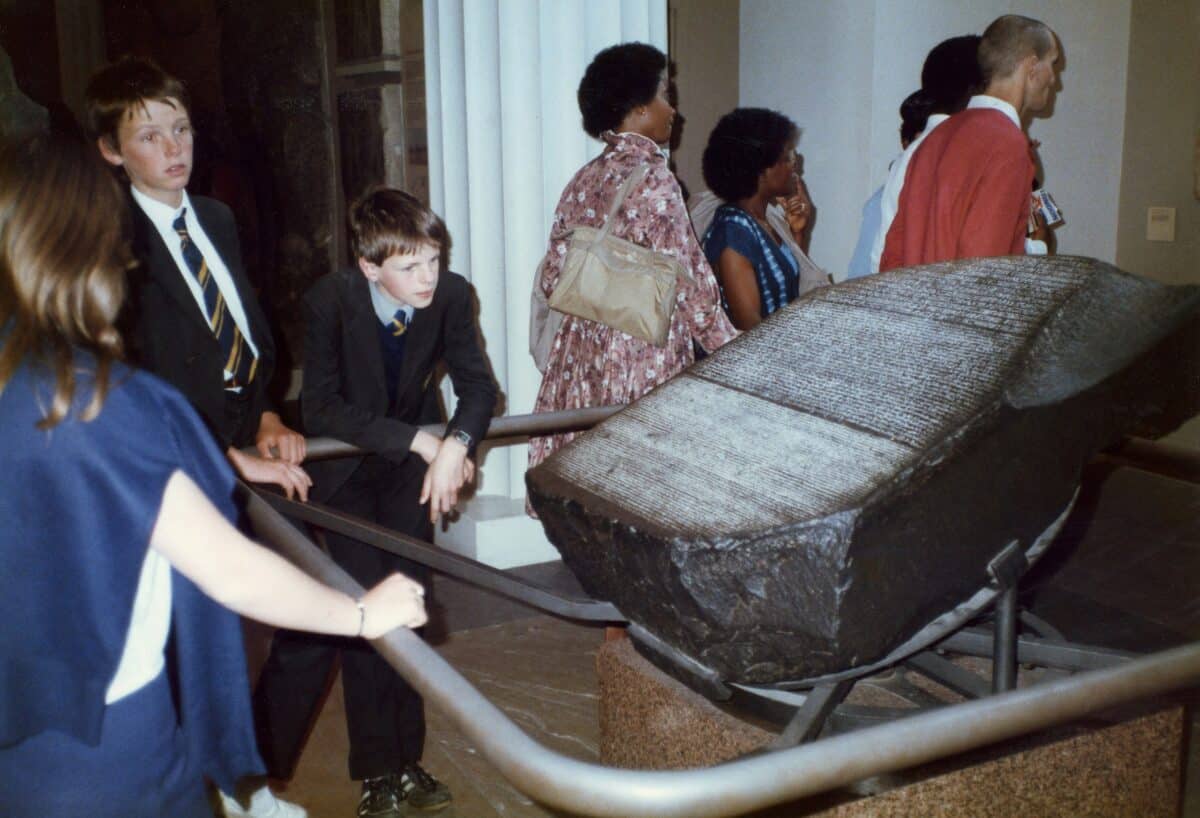
Conservation of Information: History of an Idea
Geology
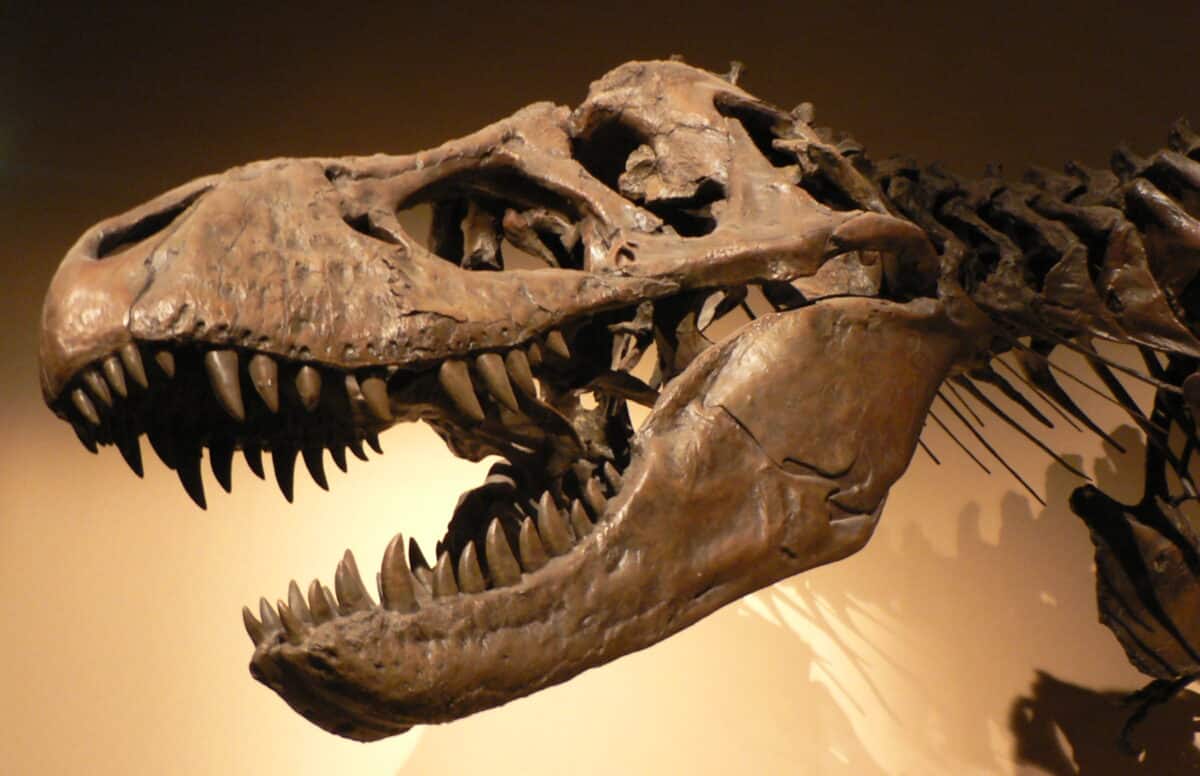
The Wonders of a Hard Mineral
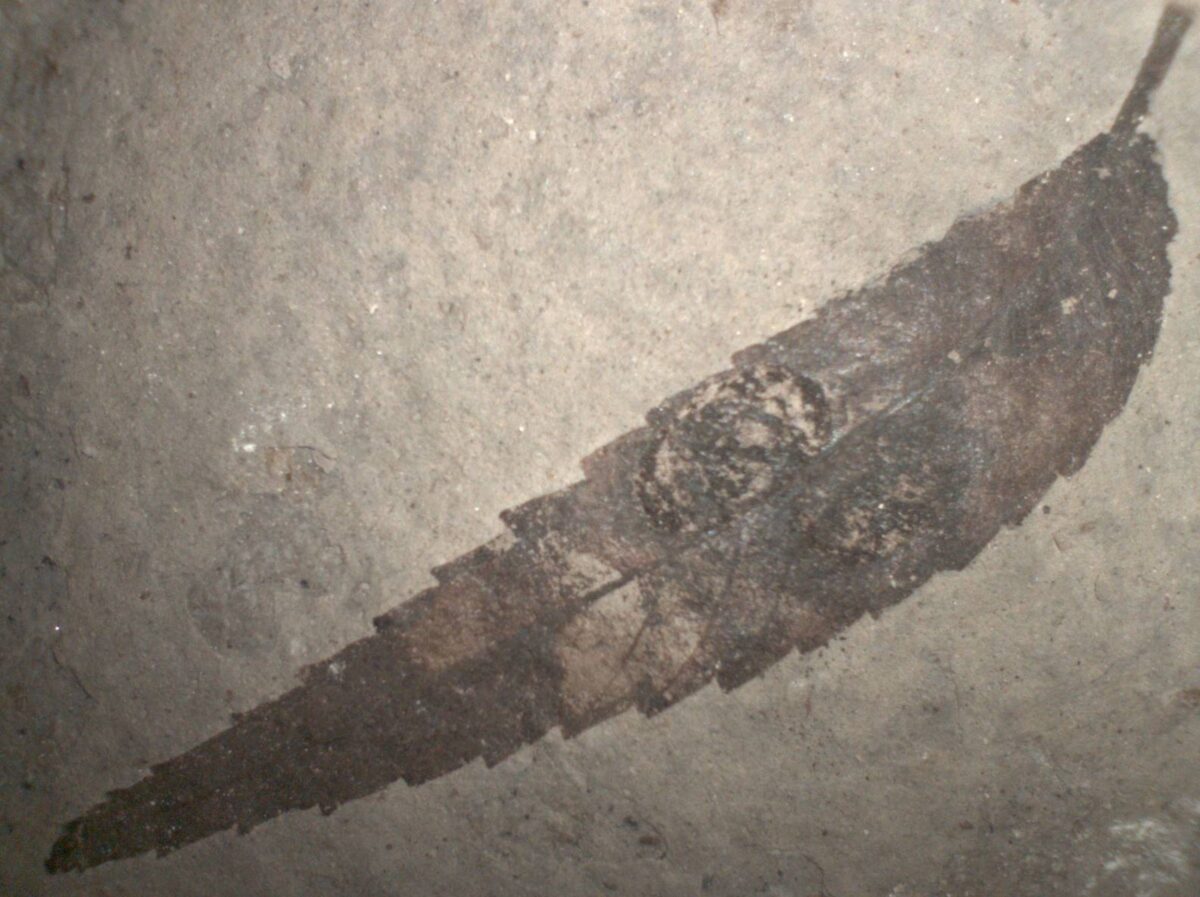
Plate Tectonics and Scientific Discovery

Luskin: Our Intelligently Designed Planet
Life Sciences
Life Sciences

Fireweed: An Example of Intelligent Latent Design

Biological Information in Static Electricity
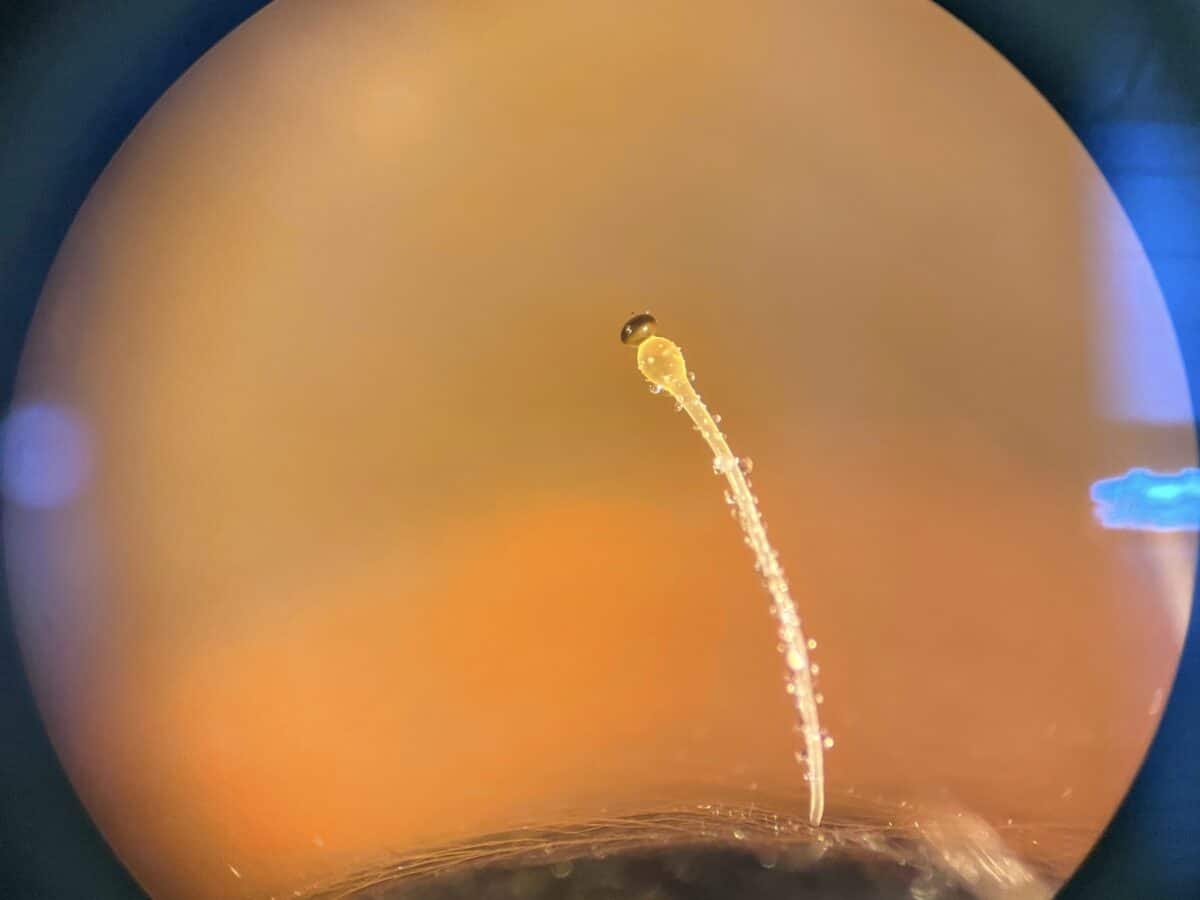
Plant Missile Technology: A Peek in the Armory
Neuroscience

The Cost of Defending Materialism Is Rising
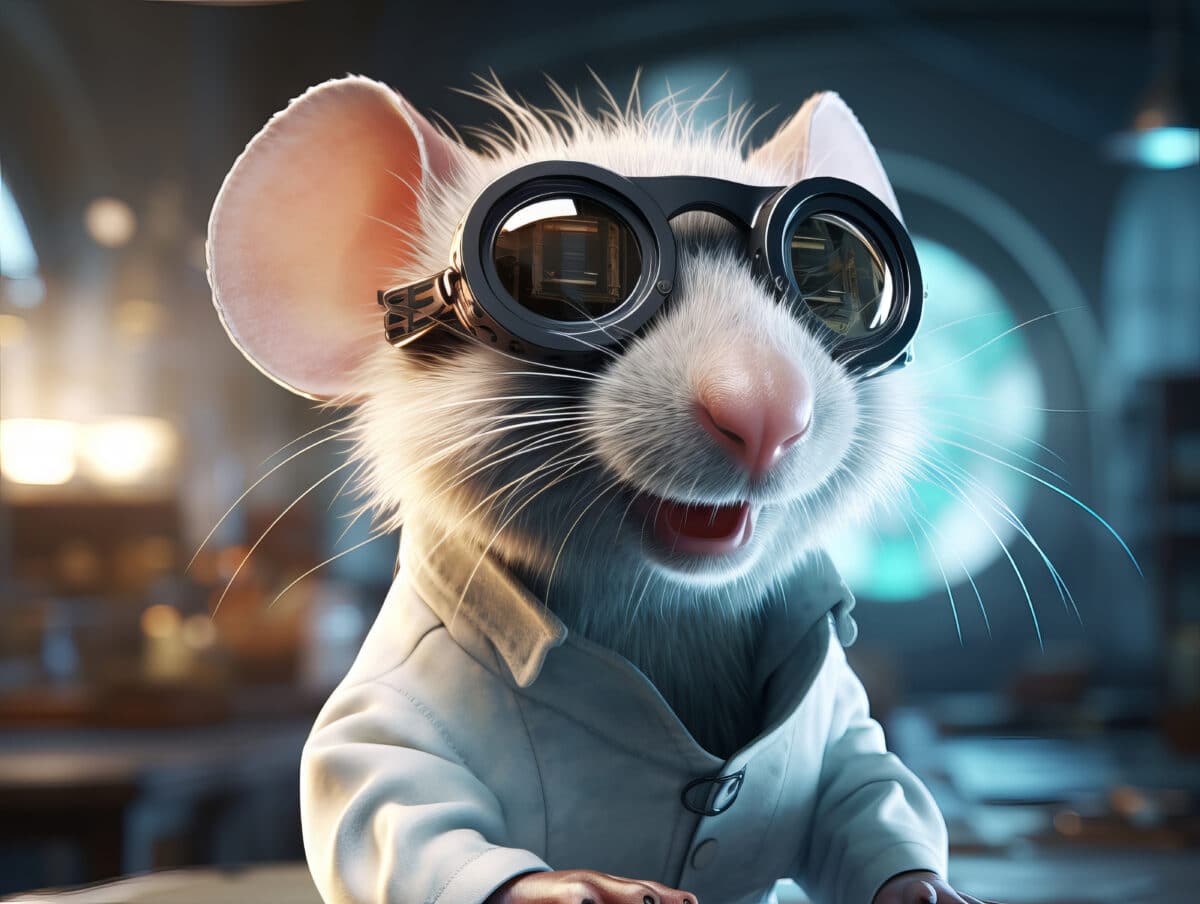
Even in Mice, Decision-Making Is More Complex

Near-Death Experiences Cannot Be Explained Away
Medicine

Killing for Organs — Who Could Possibly Object?

Organ-Procurement Goofs Threaten Trust
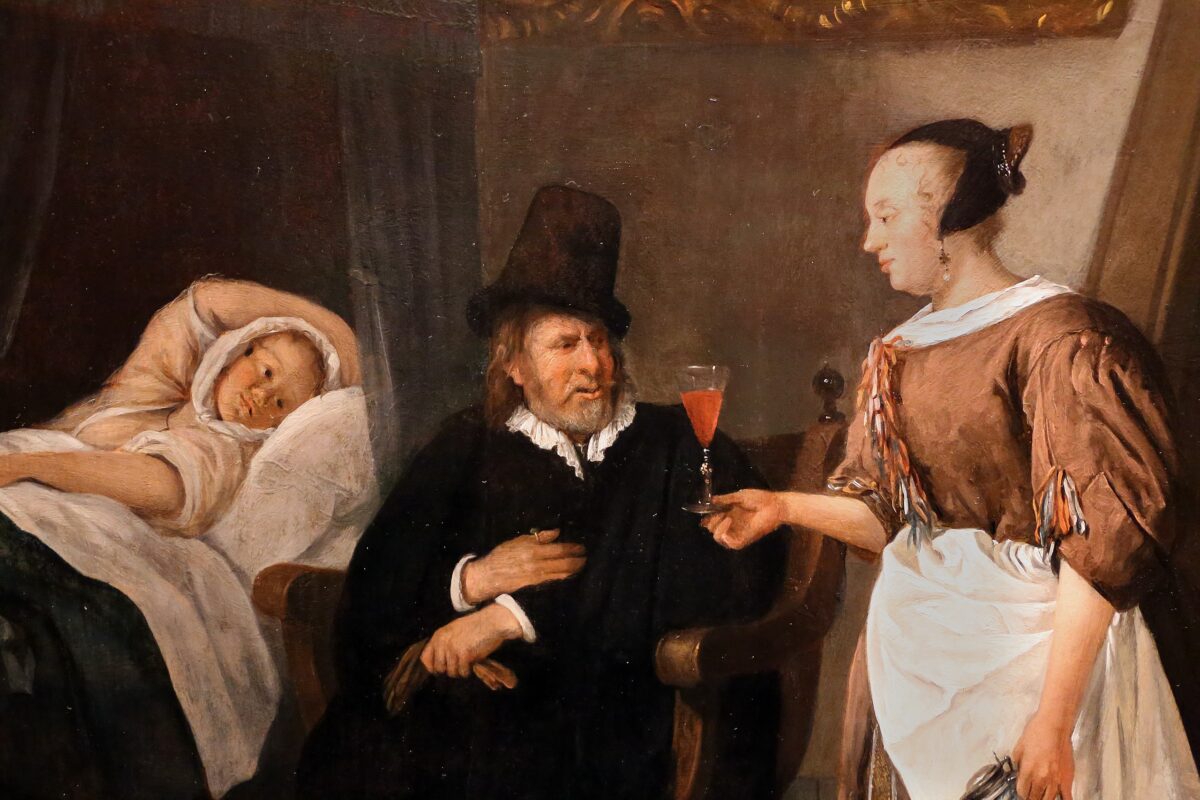
Finding Purpose in Medicine and Science
Biology

Life, Like Technology, Requires “Something More”

Eight Reasons Sex in Humans Is Binary
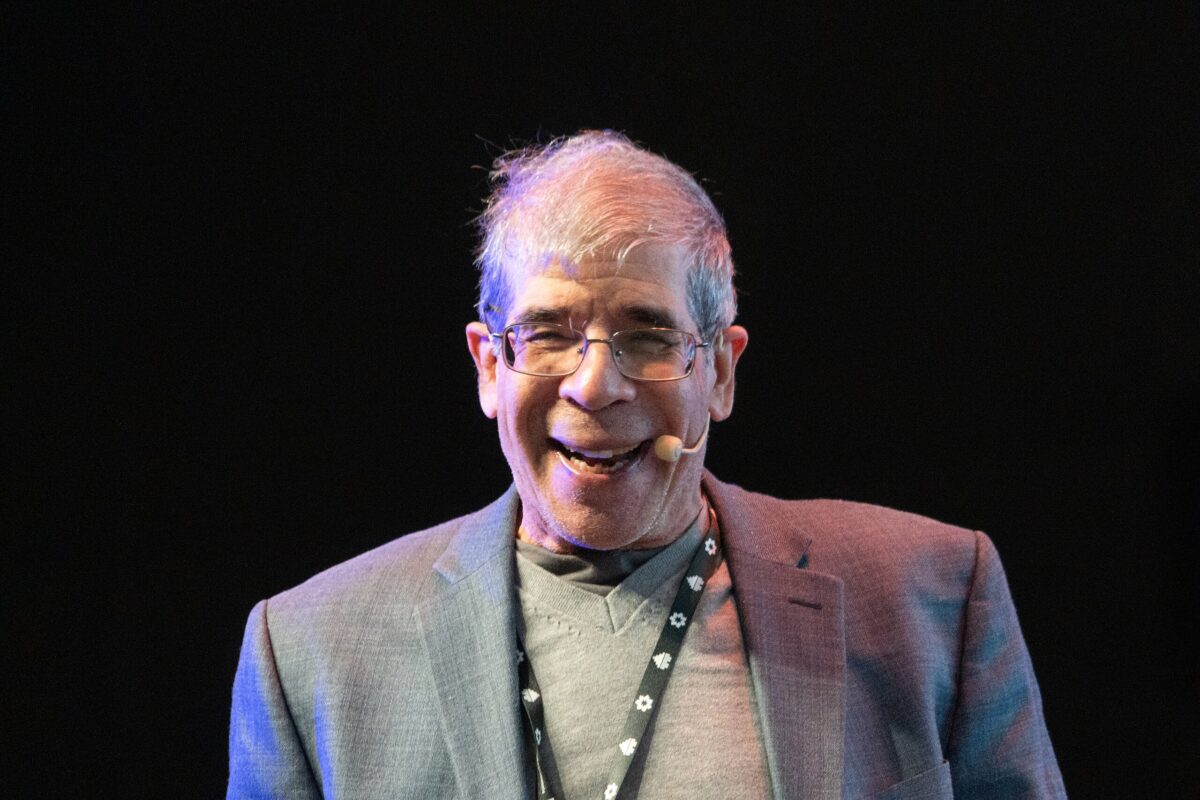
An Evolutionist Decries Private Truth
Physical Sciences
Physics
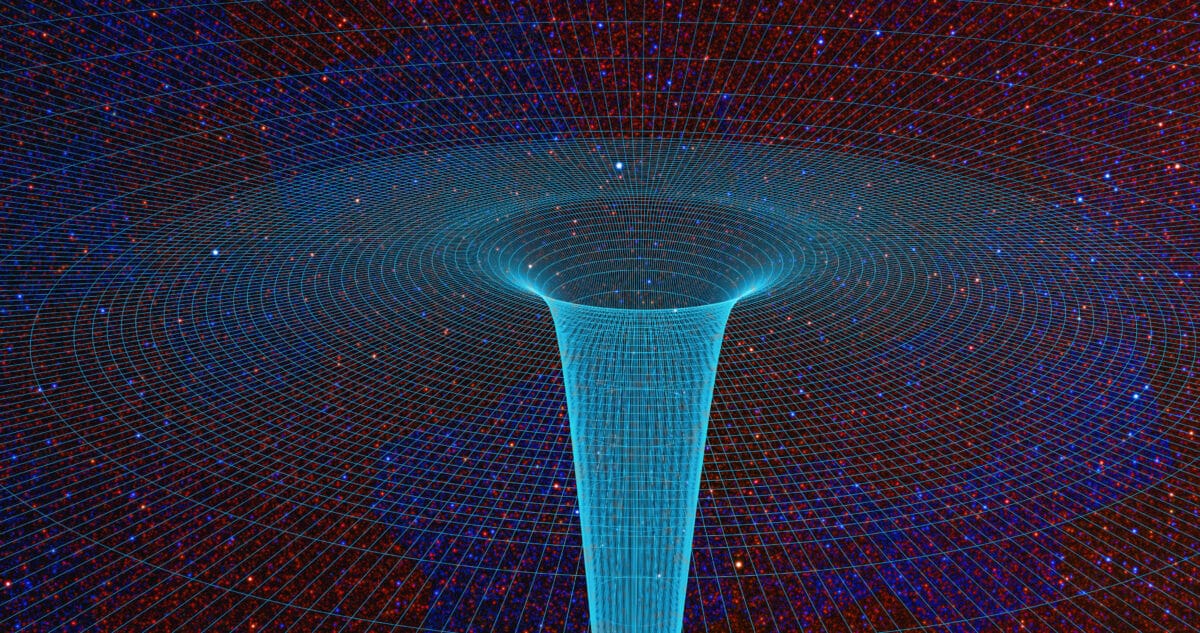
Physicist Sabine Hossenfelder Gets Canceled

God Hypothesis, European Style; Event at Princeton
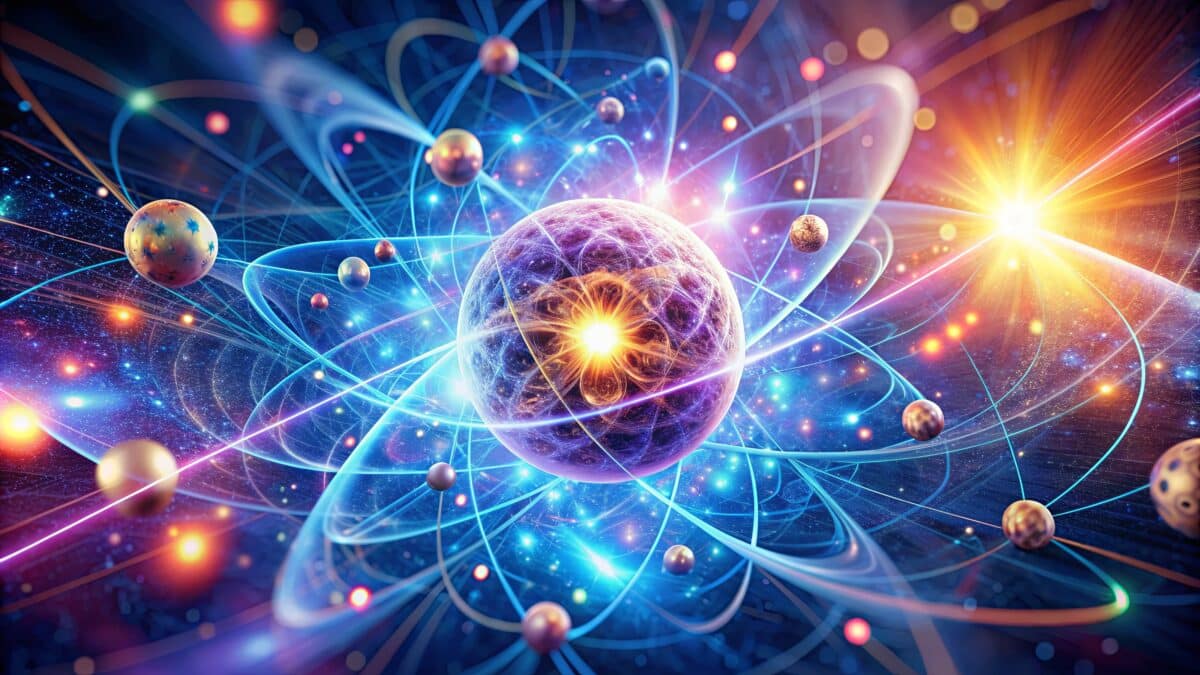
“Conspiracy Physics”: Platforming an Attack on Dissenting Scientists
Chemistry
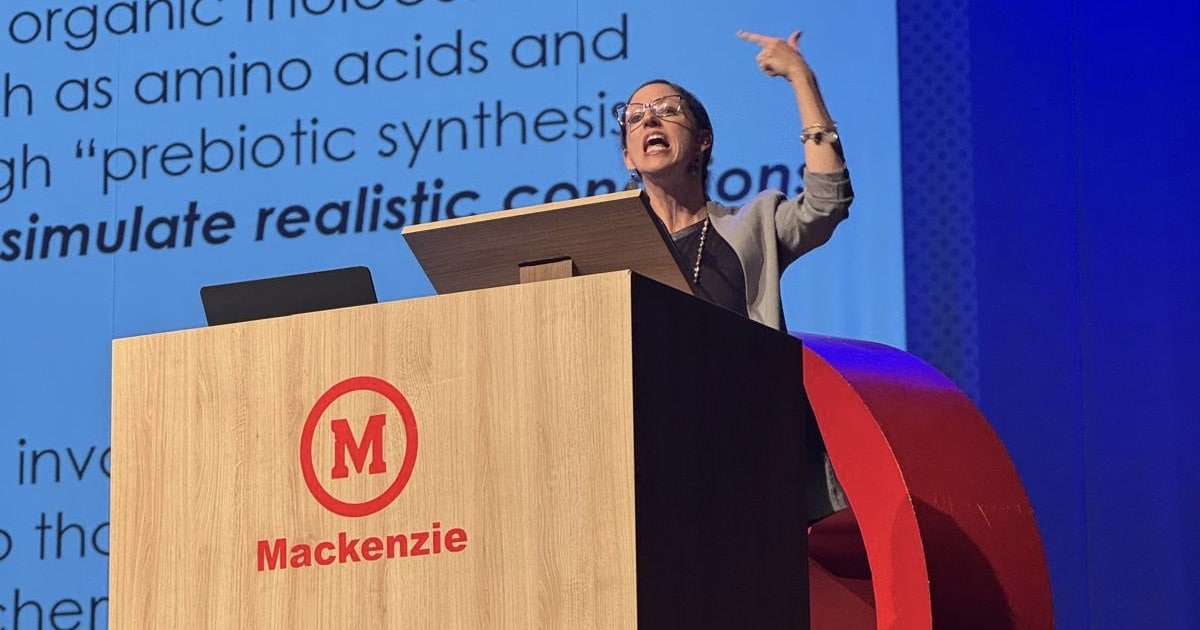
Postcard from São Paulo
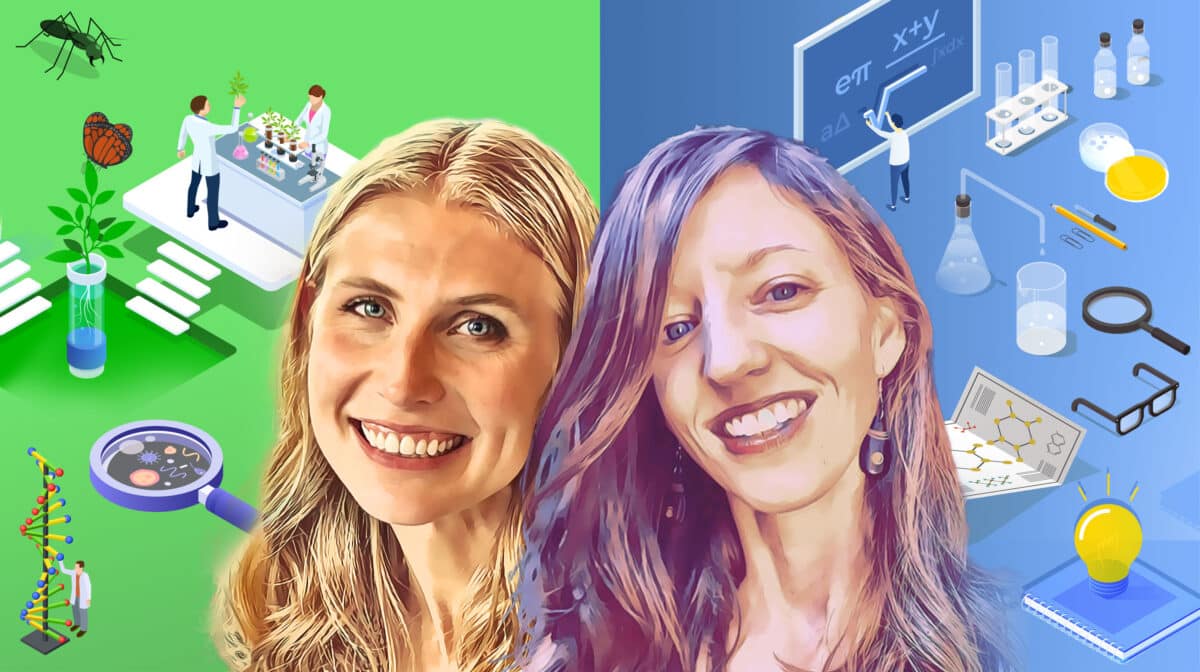
Homeschool High‑School Science Courses
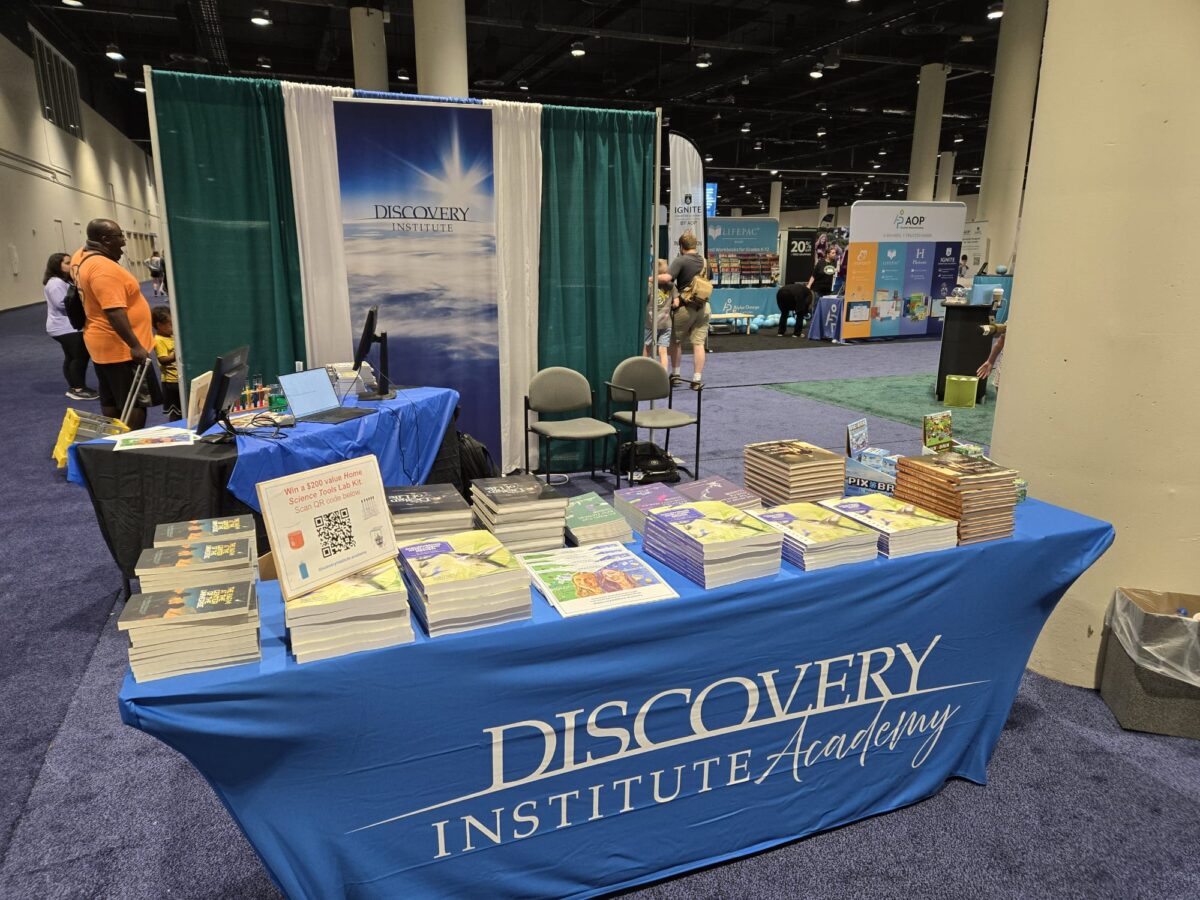
DI Academy “Meet the Teachers” Zoom
Astronomy
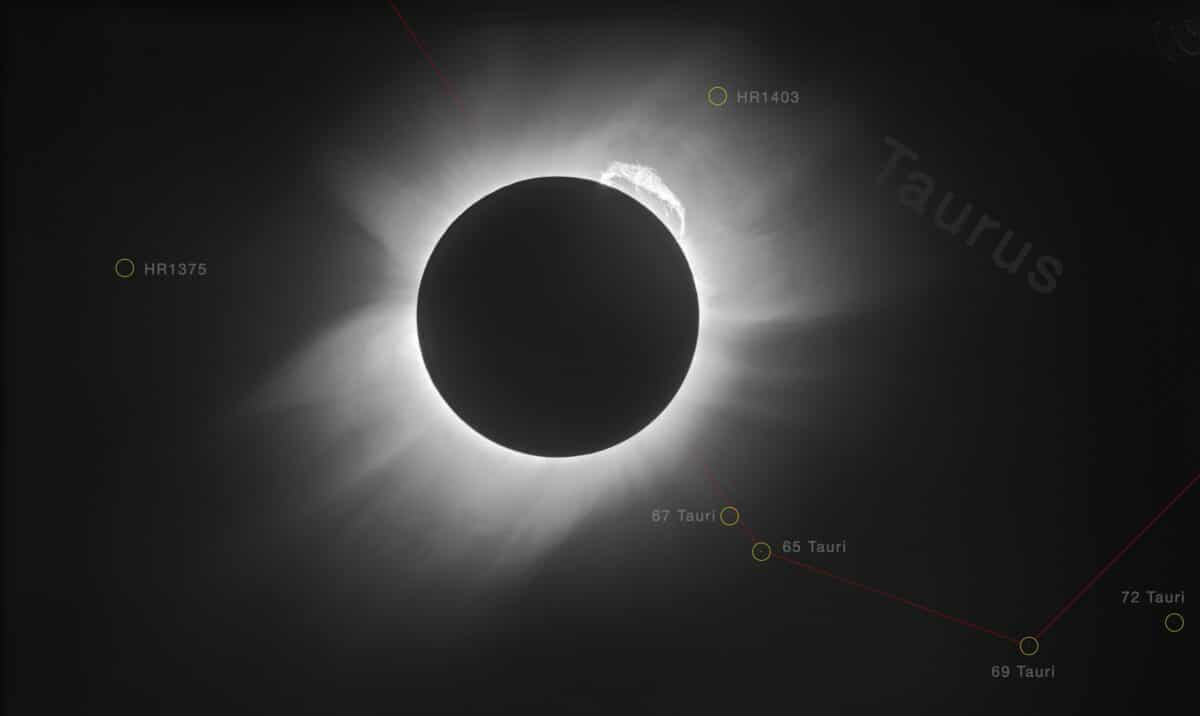
An Icon of Intelligent Design
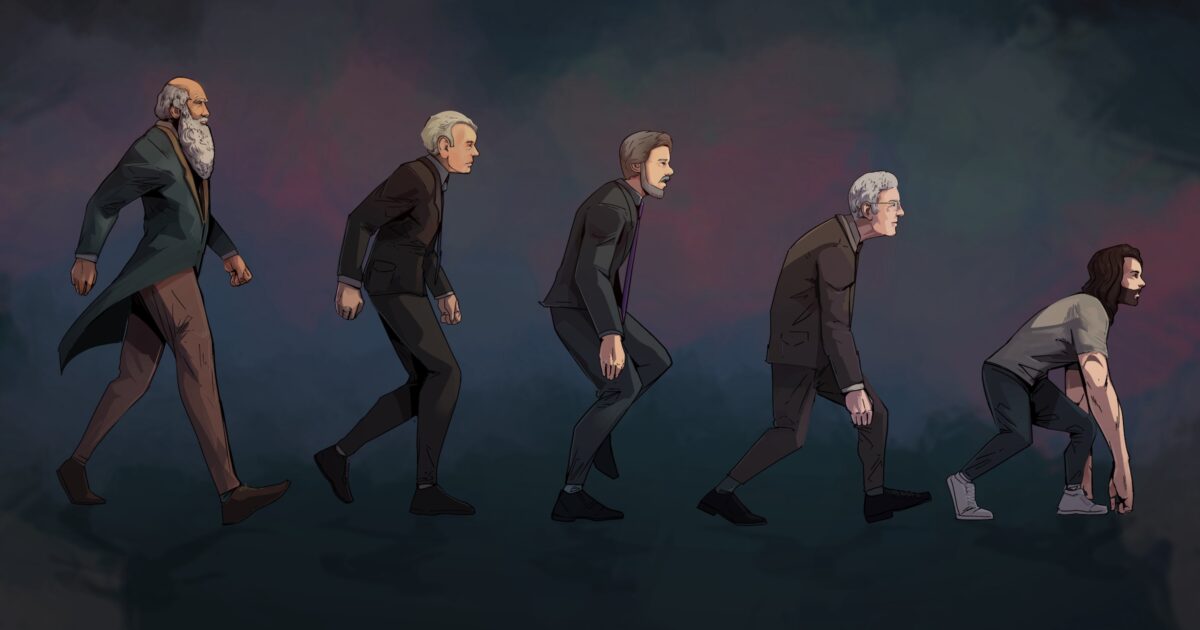
Dave Farina Gives Avi Loeb the Hamas Treatment
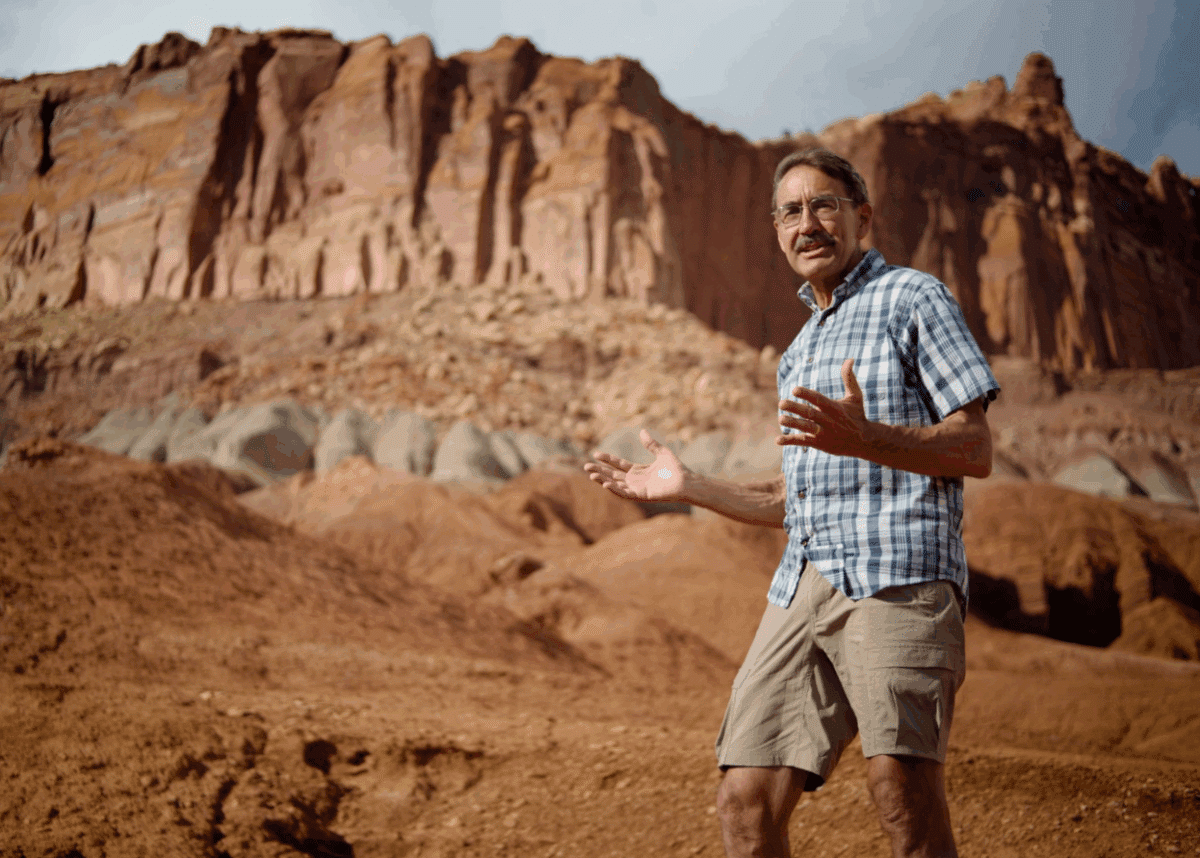
Reflections on Astronomy in Iconic National Parks
Fine-Tuning

Geometric Design in the Solar System

We Are Children of Light and Water
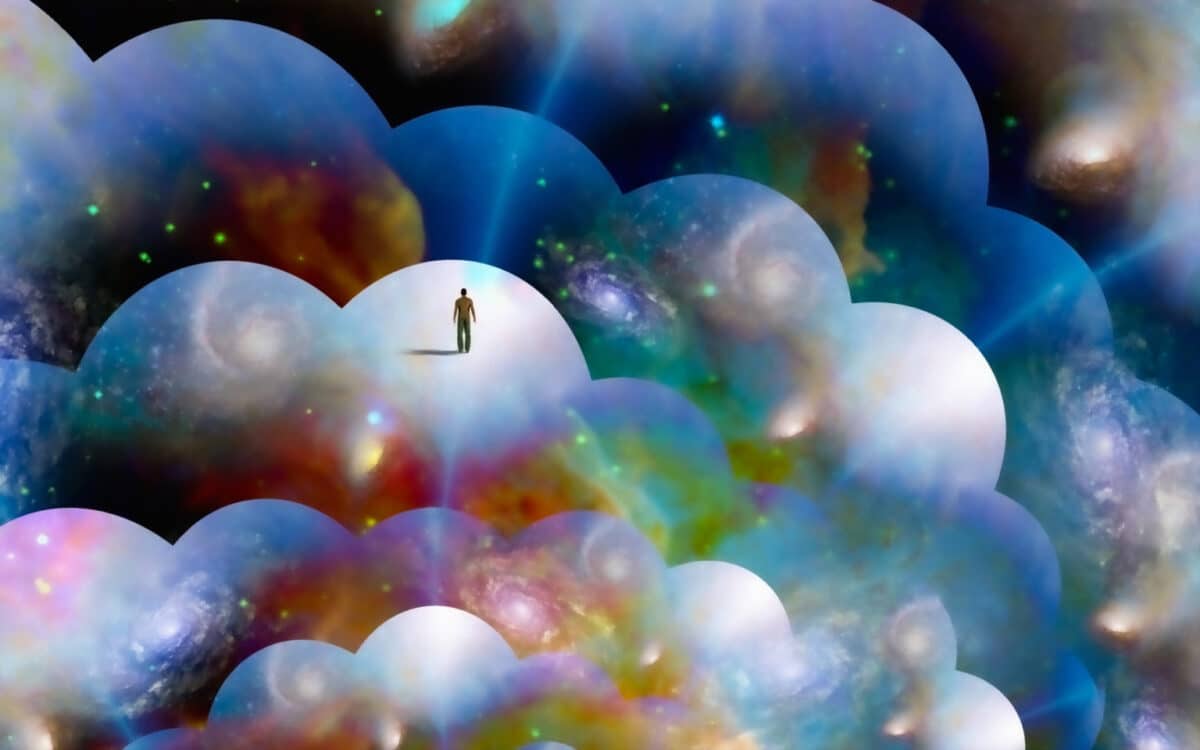
The "Nature of the Universe" Puzzles Physicists
Earth Sciences
Geophysics

Aurora Borealis: Scientific and Aesthetic Design

Geoengineering on an Intelligently Designed Planet

No Iron, No Life: Design in Iron Availability
Environment
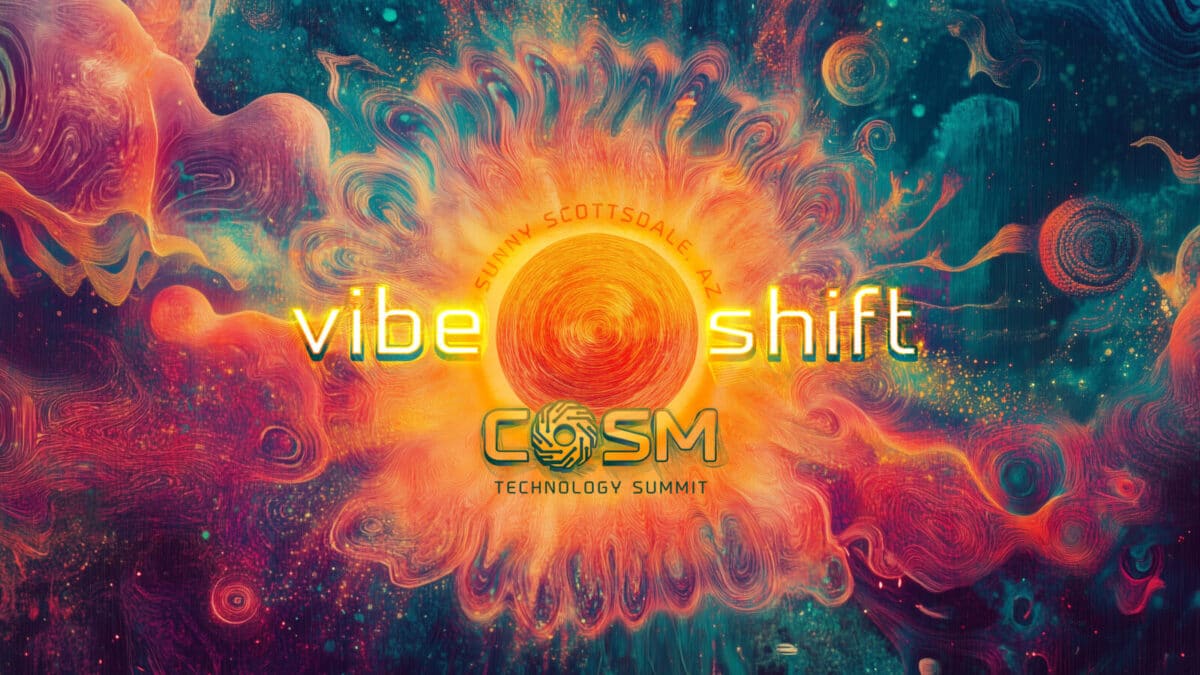
COSM Will Feature Nobel Laureate John F. Clauser

Put Mother Nature on the Board of Directors?
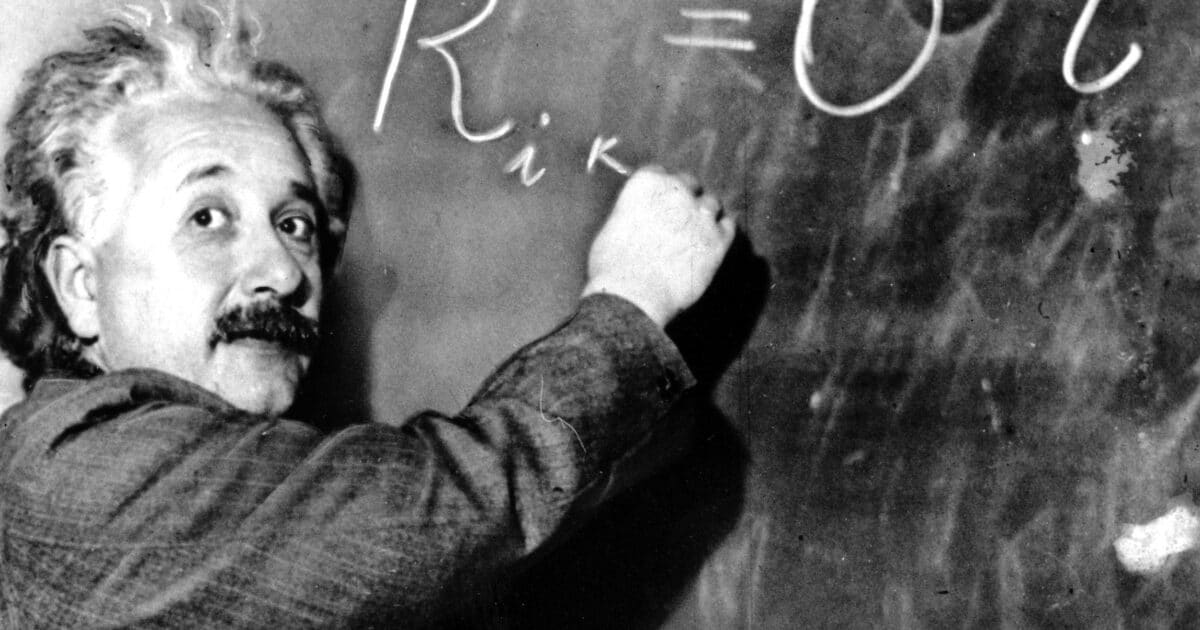
Even Scientists Starting to Doubt "Approved Views"
Rare Earth

Study: Geological Habitability Parameters

Earth and Mars — A Rare Gem and a Sharp Contrast
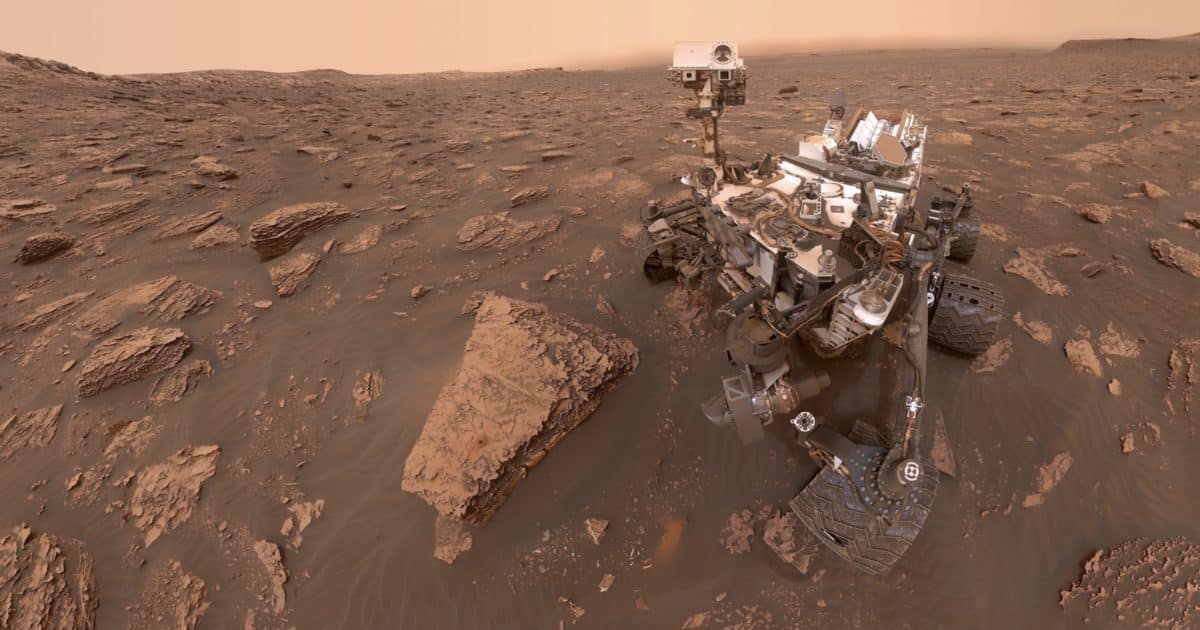
Rare Earth: How Vital Minerals "Evolve"
Planetology

Hope for Mars Life Is Dashed Again

How NASA Might Change Soon

God and the Odds of ET
Culture
Human Exceptionalism

Smithsonian Denigrates the Human Race
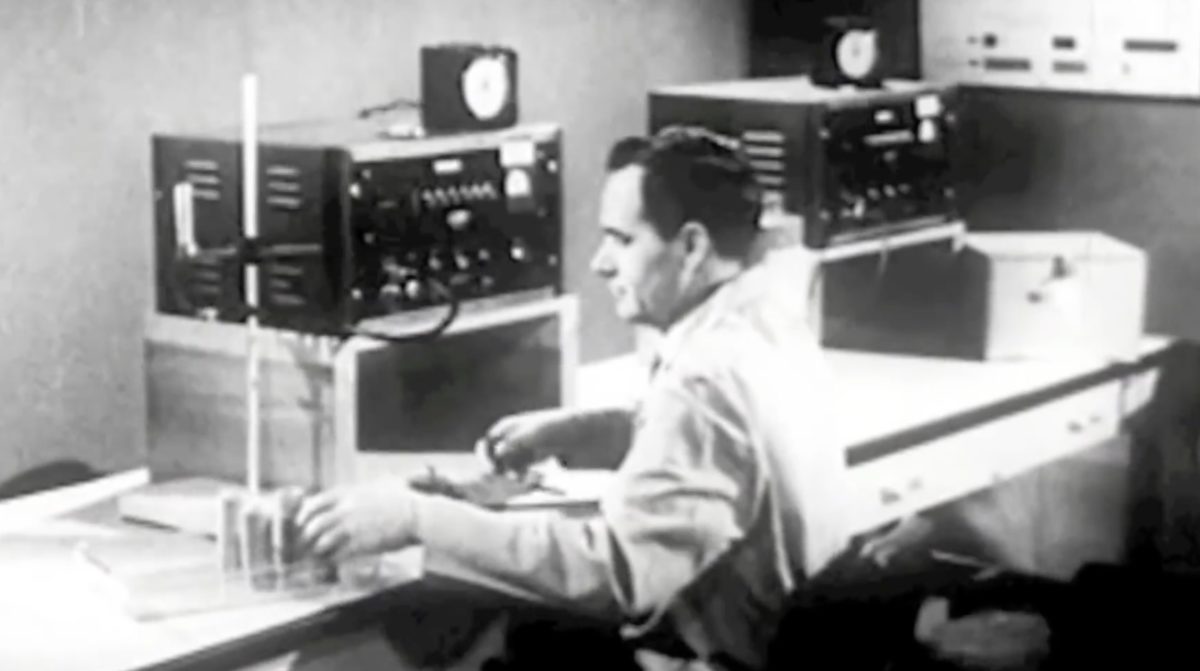
C. S. Lewis and the Advent of the Posthuman

Oral Cavity’s “Lousy” Design Is Key to Speech
Arts

Life, Like Technology, Requires “Something More”

Toward a Post-Literate Culture?

The “Music Model” of Consciousness
Ethics

Did Brian Kilmeade Actually Say That?

Charlie Kirk and the Ultimate Form of Cancellation

Charlie Kirk Died Debating
Social Sciences

Can Evolution Explain Altruism or Heroism?

If You Want Creative Storytelling, Look No Further
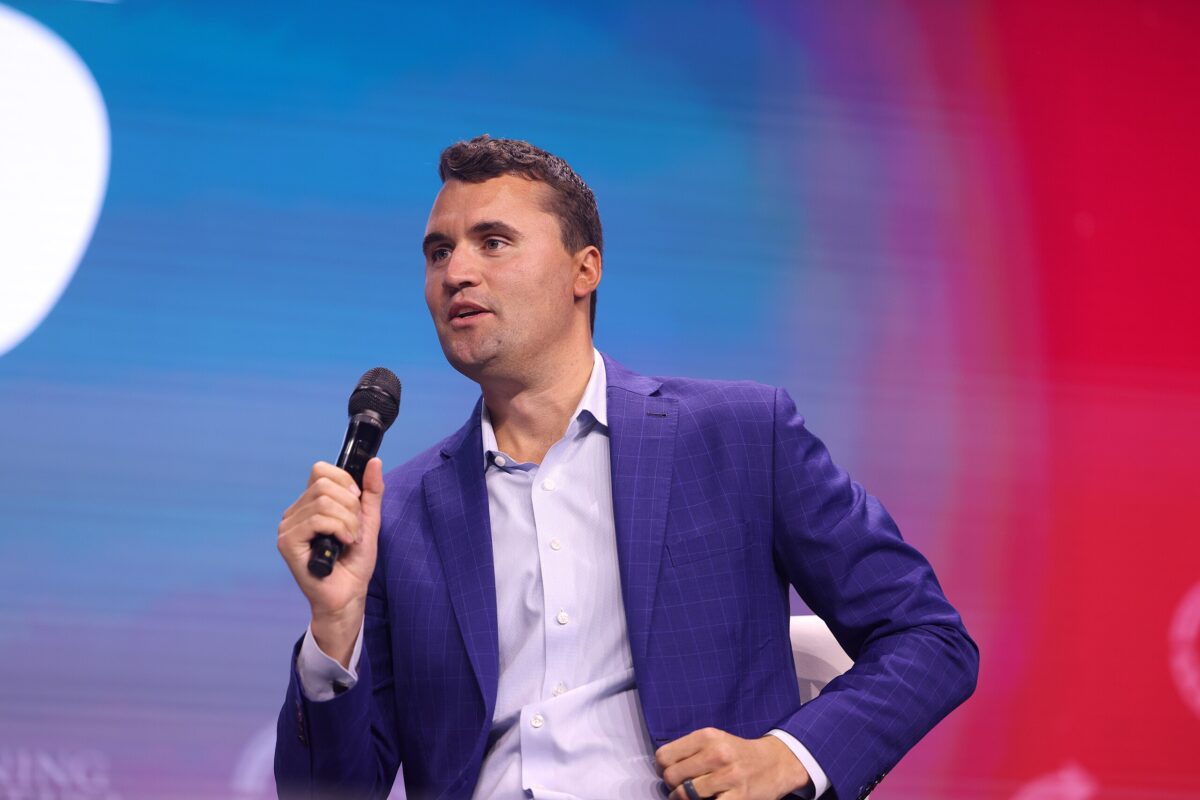
Murdered in Dialogue with College Students
Faith and Science
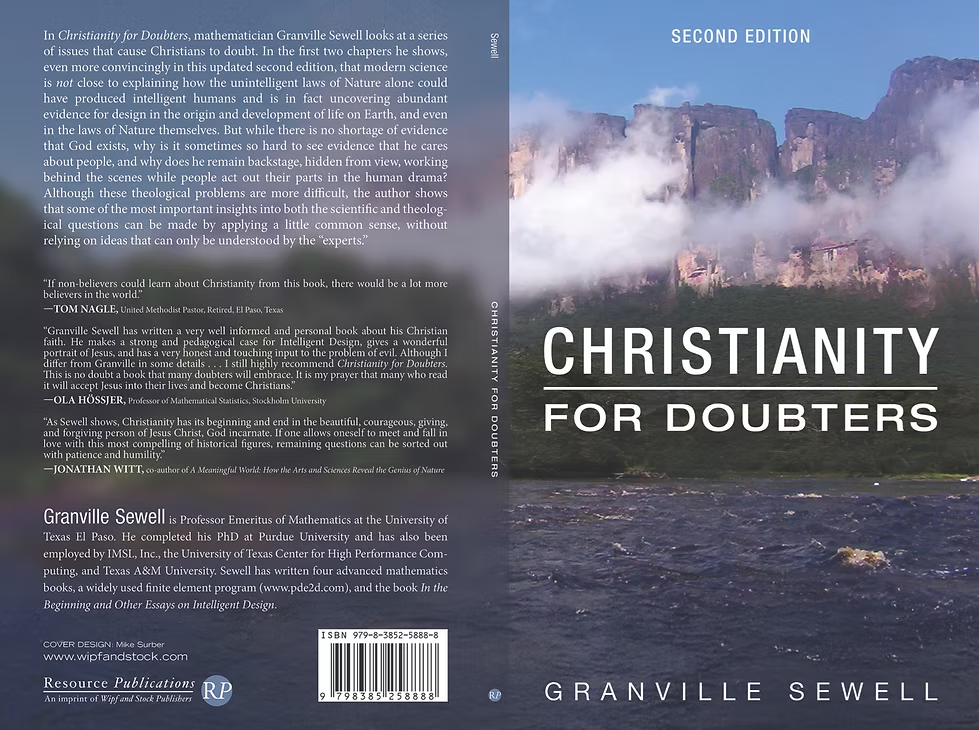
Second Edition of Granville Sewell's Book Is Out

Murdered in Dialogue with College Students

On the Murder of Charlie Kirk
Science Education

Homeschool High‑School Science Courses

DI Academy “Meet the Teachers” Zoom

HS Biology and Chemistry with ID Integration
Scientific Freedom

The Wrong Tool to Fix Woke Science Journals
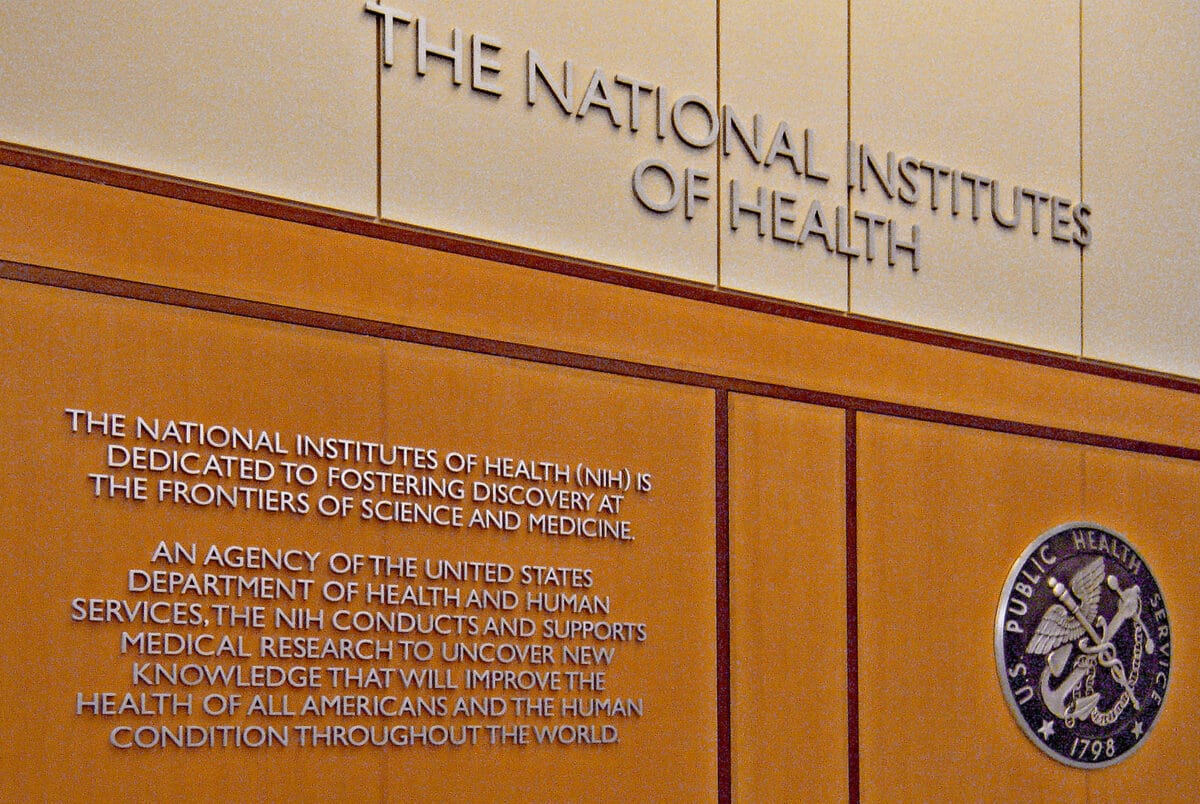
Hysteria in the Science Sector Over DOGE

Stand Up for Science or... for Naked Ideology?
Science Reporting
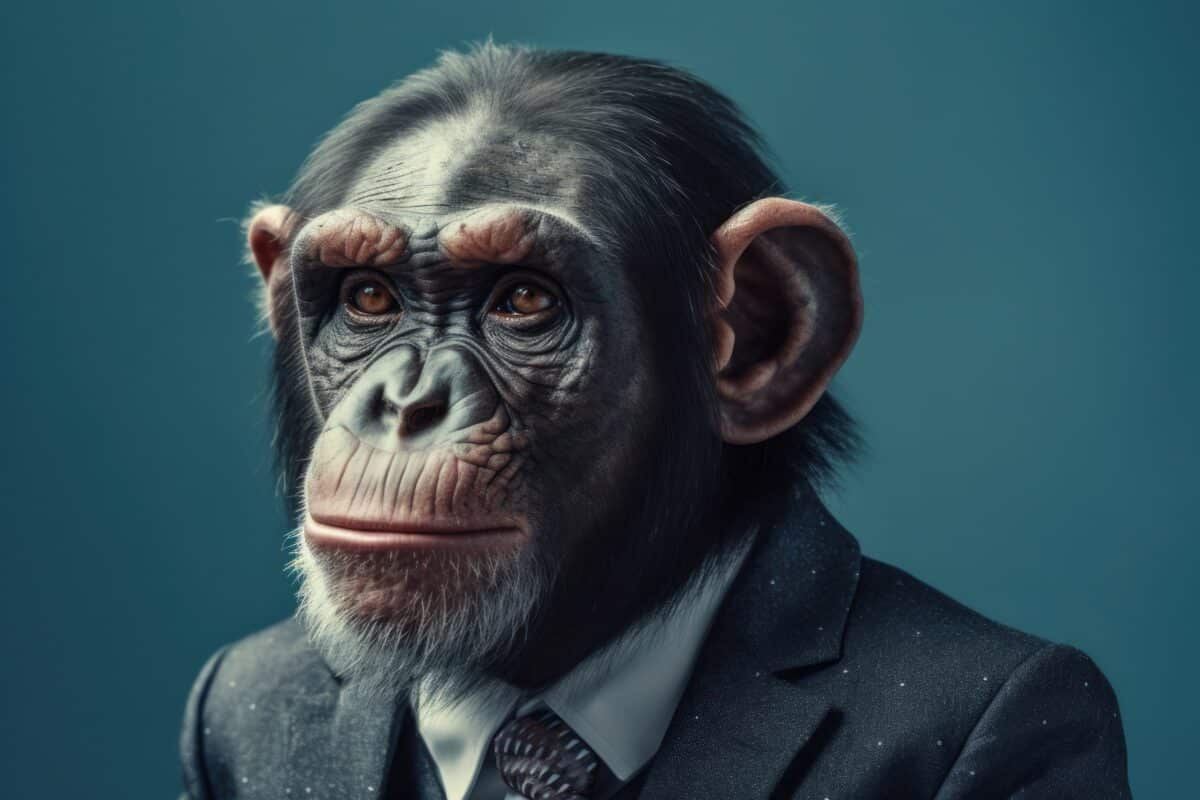
On Genetic (Dis)Similarity, Give Credit Where Due
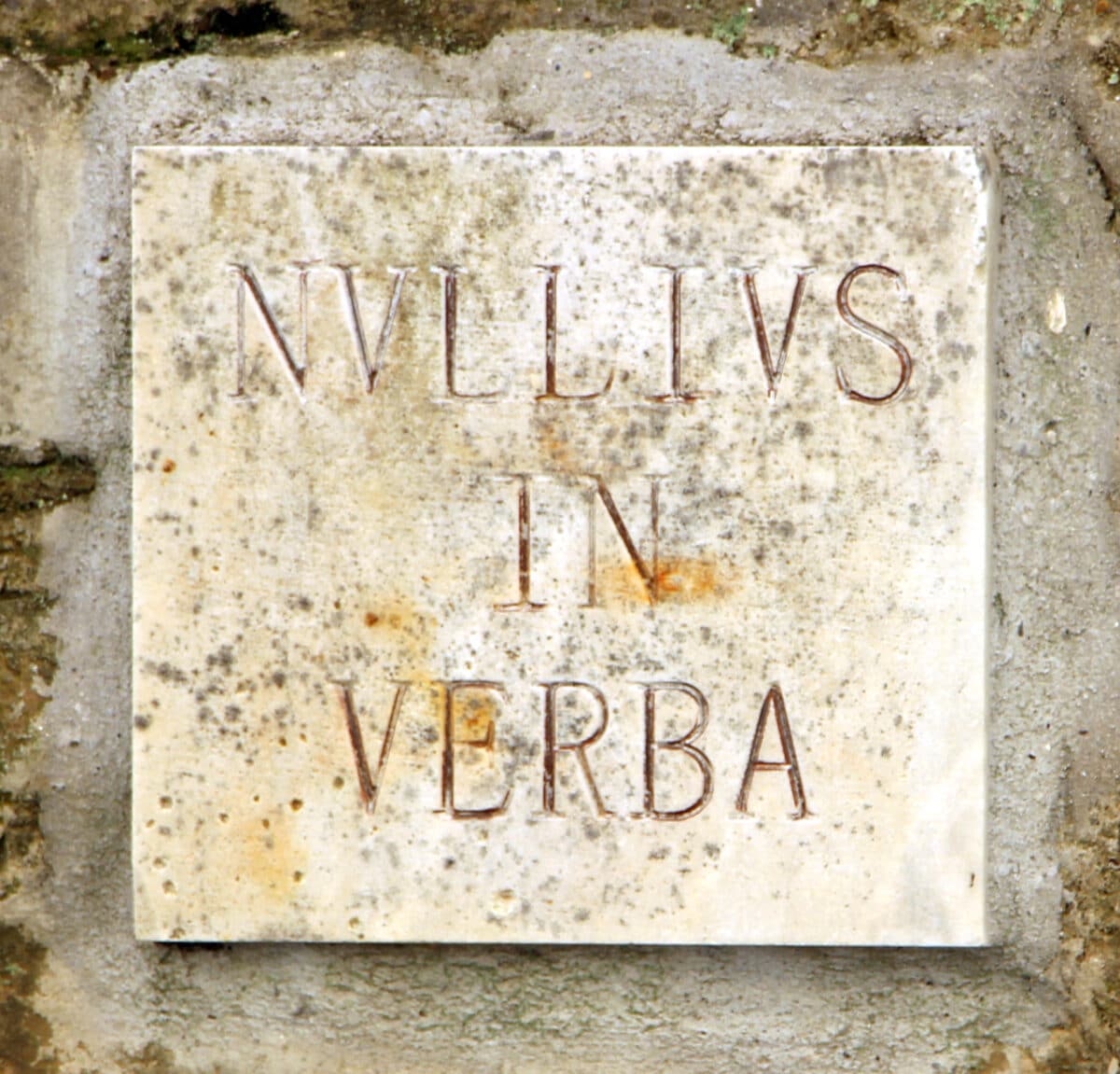
Science Struggles with Reality
